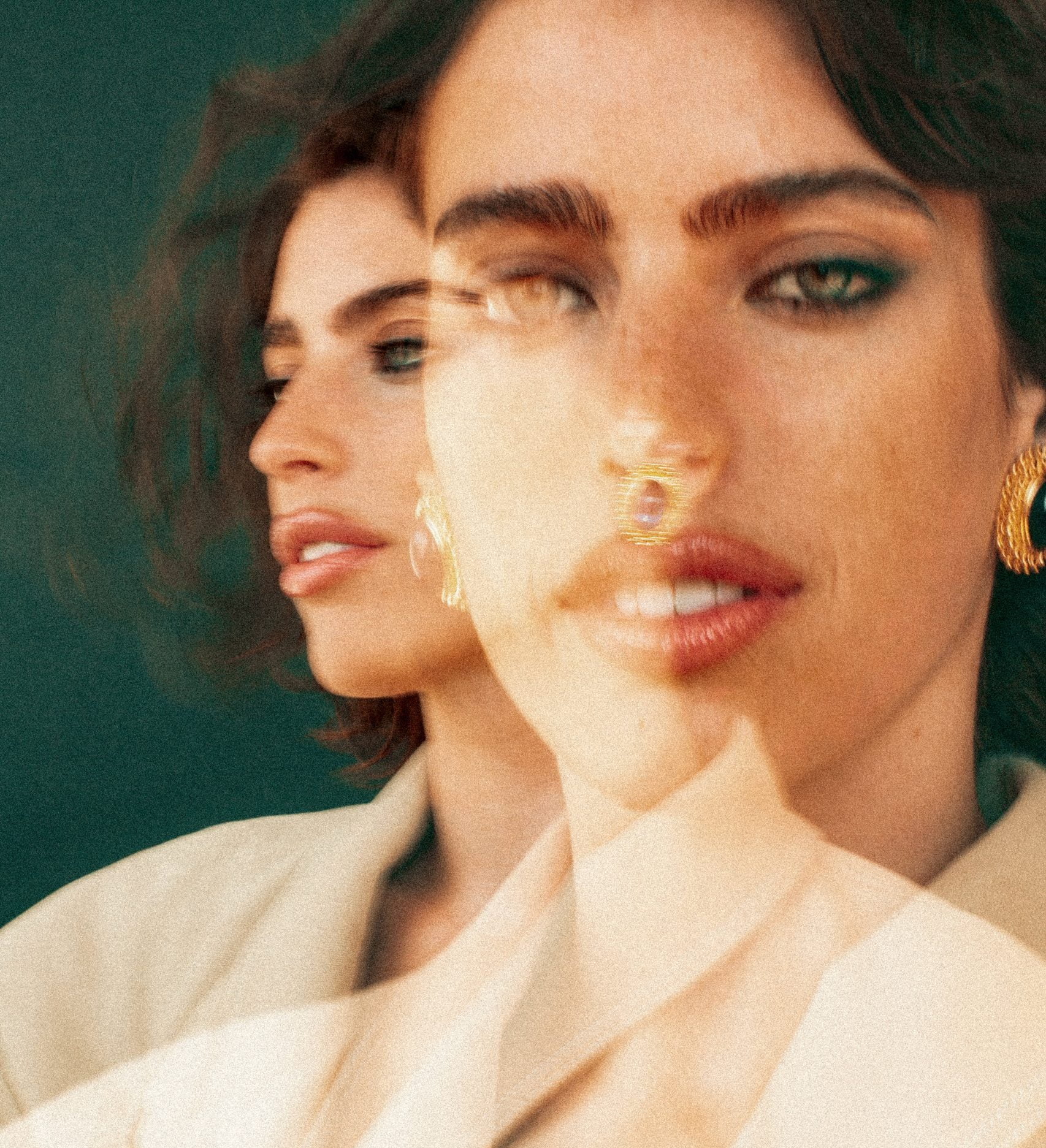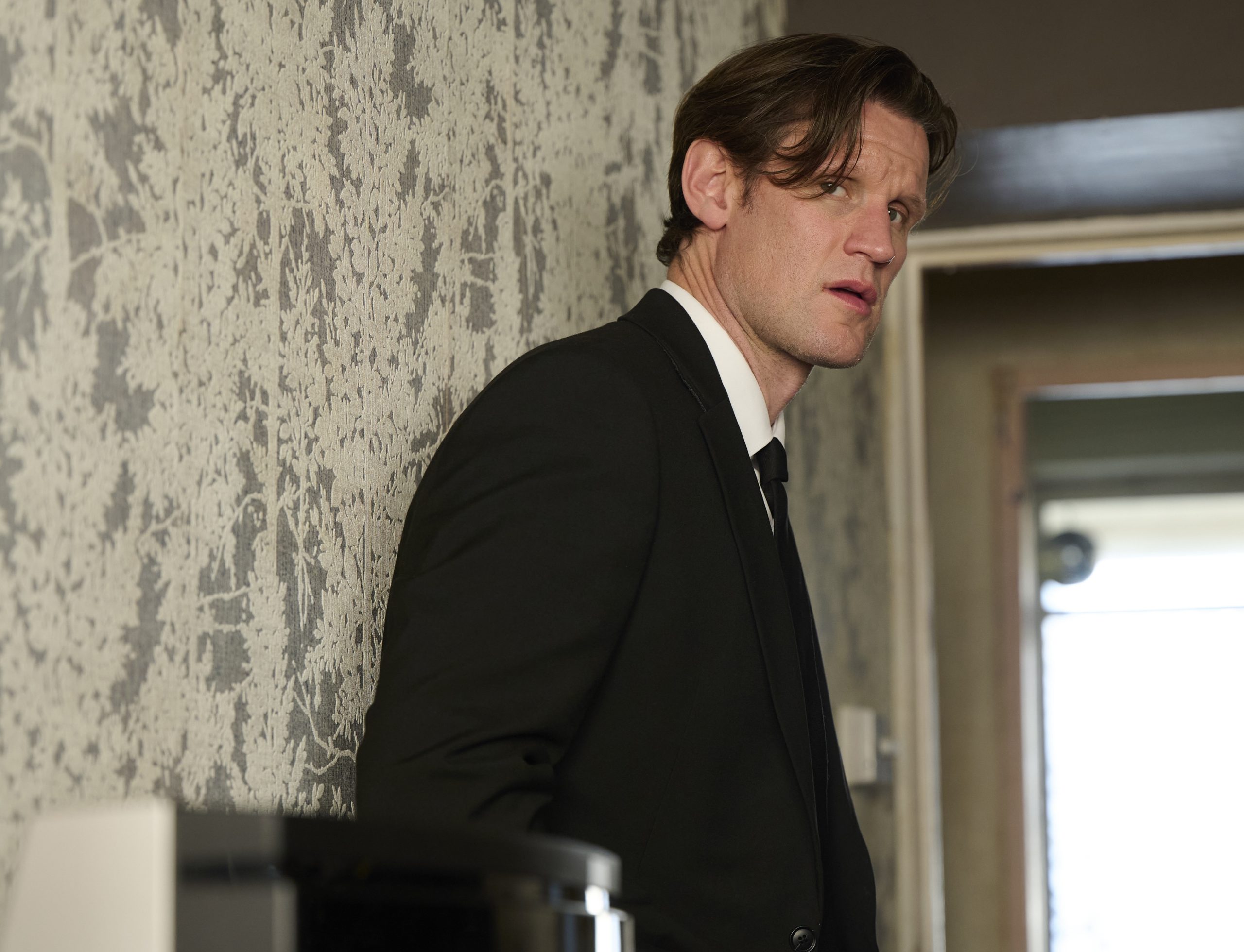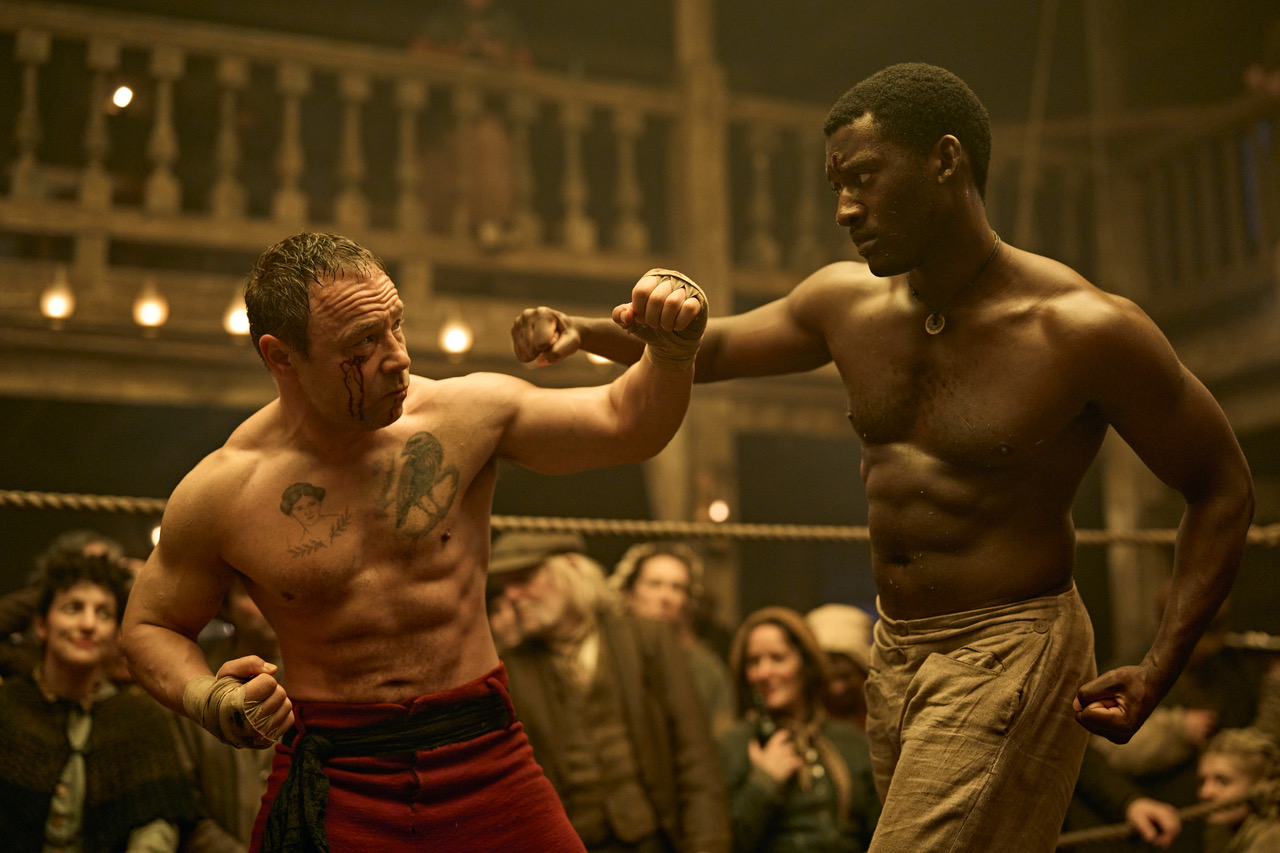Real-life father and daughter duo Ewan and Clara McGregor star in the feature film Bleeding Love. It’s a story about addiction, reconciliation, and intimacy; and it comes, to a certain degree, from reality.
And so, naturally perhaps, audiences become detectives, looking for the glimmers of truth in the fraught relationship between the films’ leads, named abstractly simply Father and Daughter. Especially as Clara McGregor shares a writing credit for the story. For her, managing that interest from audiences was something already on her mind.
“Going into this project, when I first had the idea and especially once my dad agreed to do it with me, it was definitely something that I had thought through and worked through myself. And I also had an amazing team of people that I worked with on this movie that were really thoughtful about that aspect of it.”
Her team included script writer Ruby Caster and McGregor’s producing partner Vera Bulder, with whom she runs Deux Dames Entertainment, and director Emma Westenberg.
Though inspiration came from “real moments, it turned into something so much bigger than me,” McGregor says, just by virtue of the broader creative team. “We all brought in so much of ourselves at the end.”
Like many, McGregor finds that she, at least for now, enjoys mining that personal well. “I think we all do that as creatives to a certain extent. There will always be things that I will pull from my life, but at the same time, they end up in a very different context.”
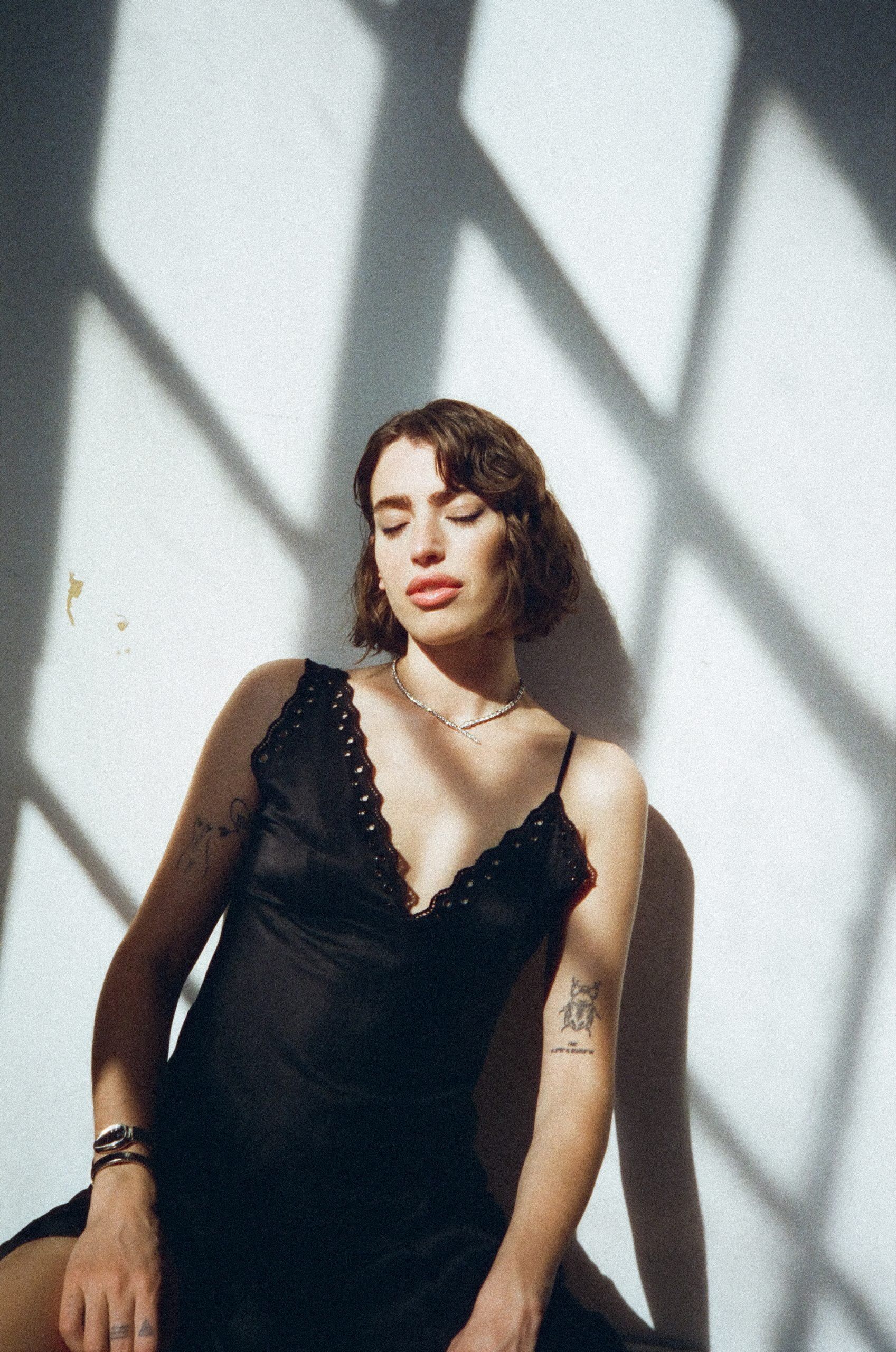
heels Sebastian Milano
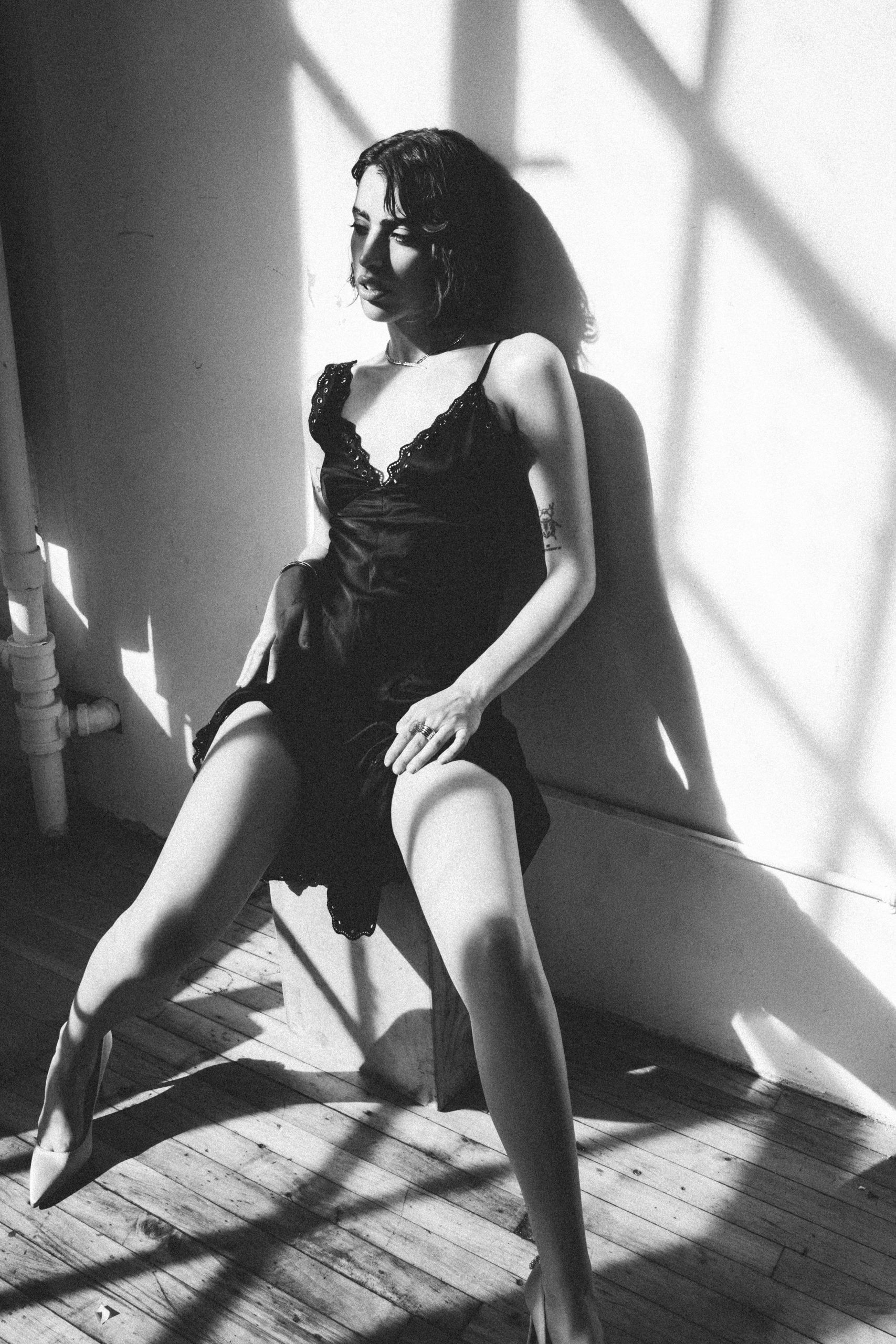
heels Sebastian Milano
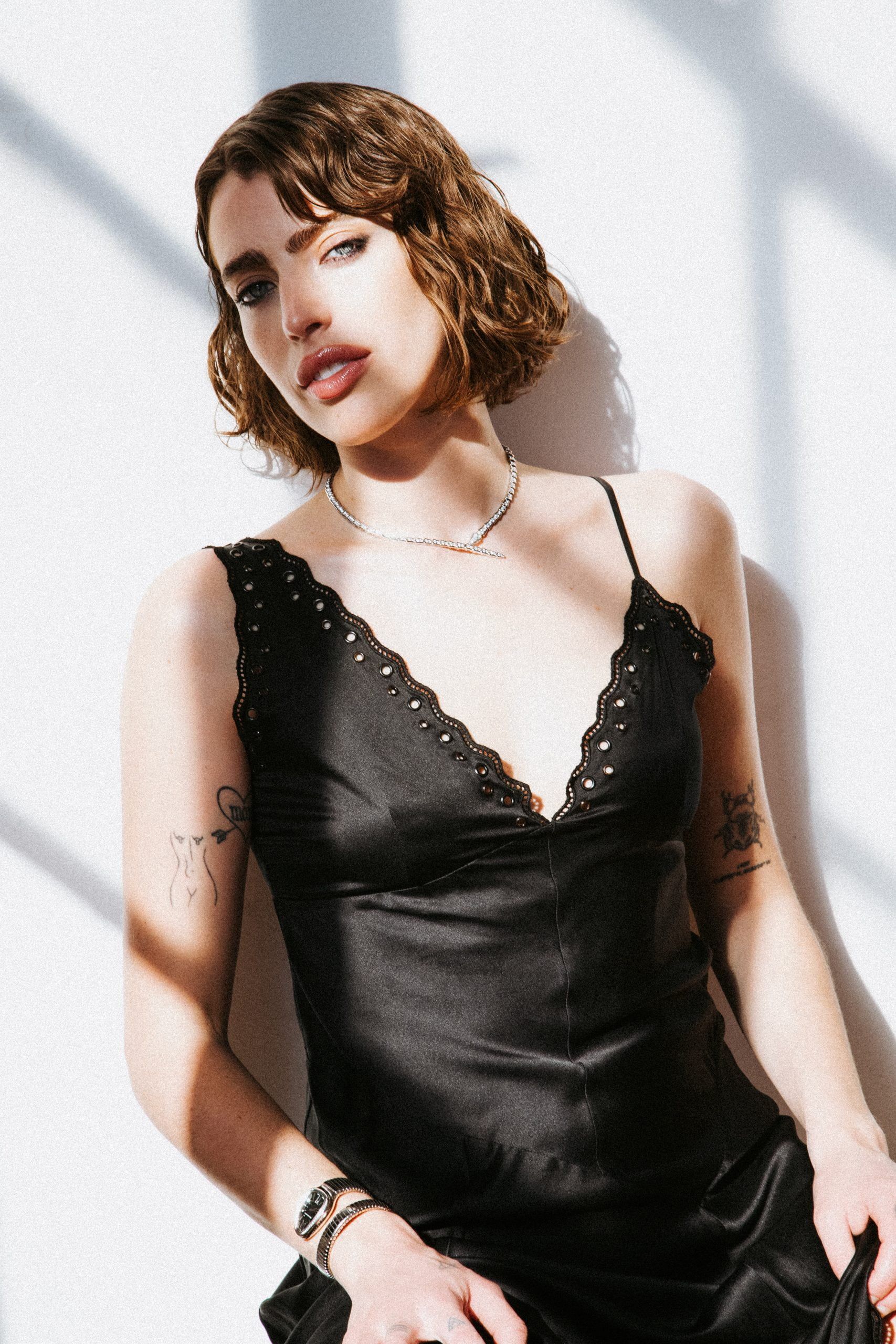
heels Sebastian Milano
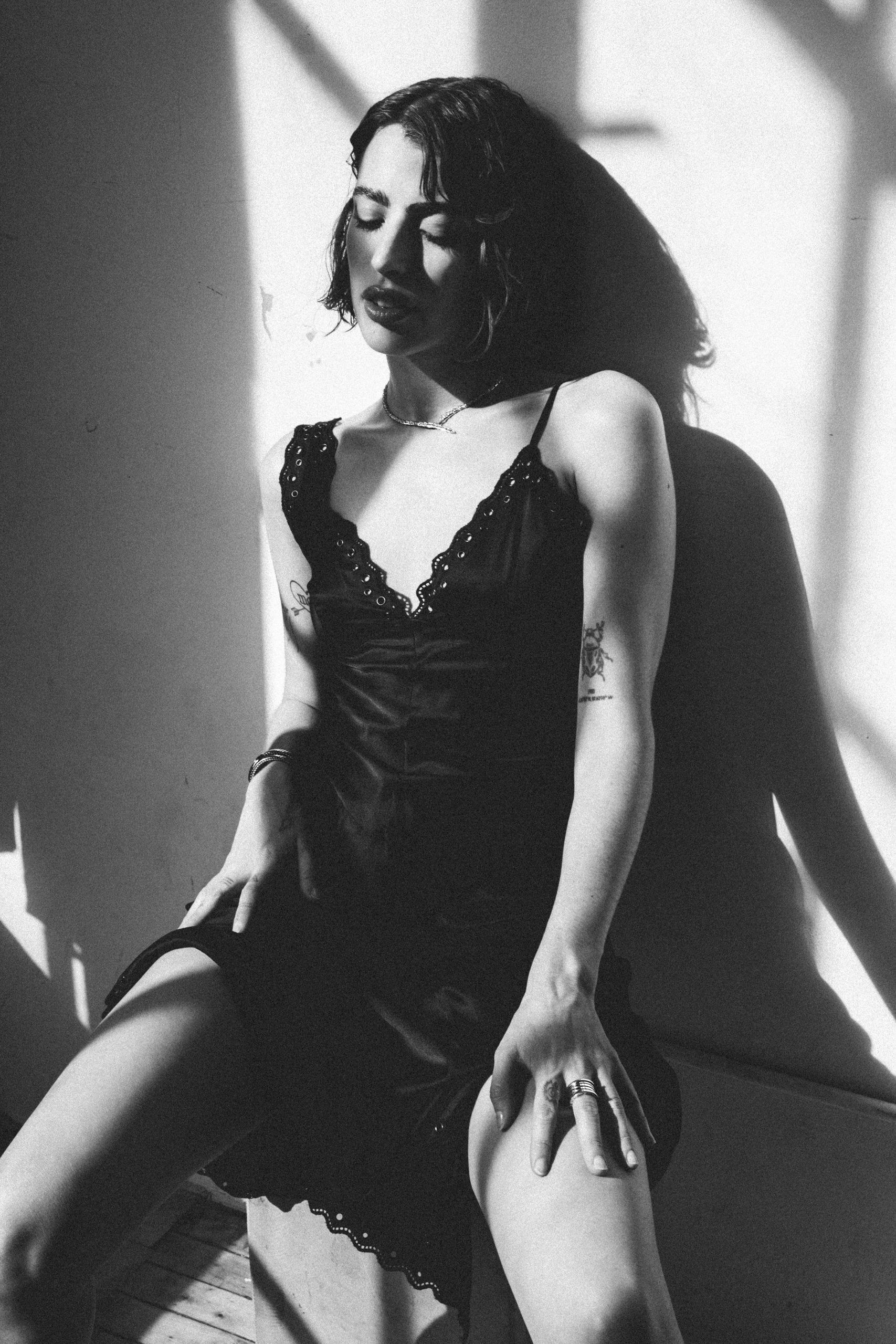
heels Sebastian Milano
The father-daughter dynamic is a well-worn pop-culture trope; often reduced to ‘daddy issues’ and repackaged as something to sexualise this fraught relationship. With Bleeding Love, reframing that through a woman-centred gaze happened organically. “It was very important for all of us involved to tell the story from the daughter’s perspective, but also have a lot of women involved in the storytelling from all angles. From, obviously, our director, but also our production designer and our costume designer,” McGregor says. Having women behind the scenes meant naturally that perspective became the lens.
Still, it’s hard not to talk about her dad. In part, of course, because he’s her co-star. But McGregor isn’t bothered by those questions. Being the daughter of someone as famous as Obi-Wan Kenobi himself, “comes with so much privilege and I’m very aware of that,” she says. “I feel very lucky to be able to be in situations like this, and a lot of that I’m sure has to do with who my dad is. I also chose to make a movie with him, so I’m definitely not bothered by it.
“I’m putting myself out there, it’s not something that I want to deny either. I love my dad, I was very excited to be able to work with him. I would never be frustrated by that, I fully understand it.”
Being ‘out there’ means different things for different people. For many young women, appearance is something that never escapes scrutiny; even self-scrutiny. “When I first saw myself in something, that was a weird thing. It’s funny seeing yourself at angles that you usually would never see yourself.”
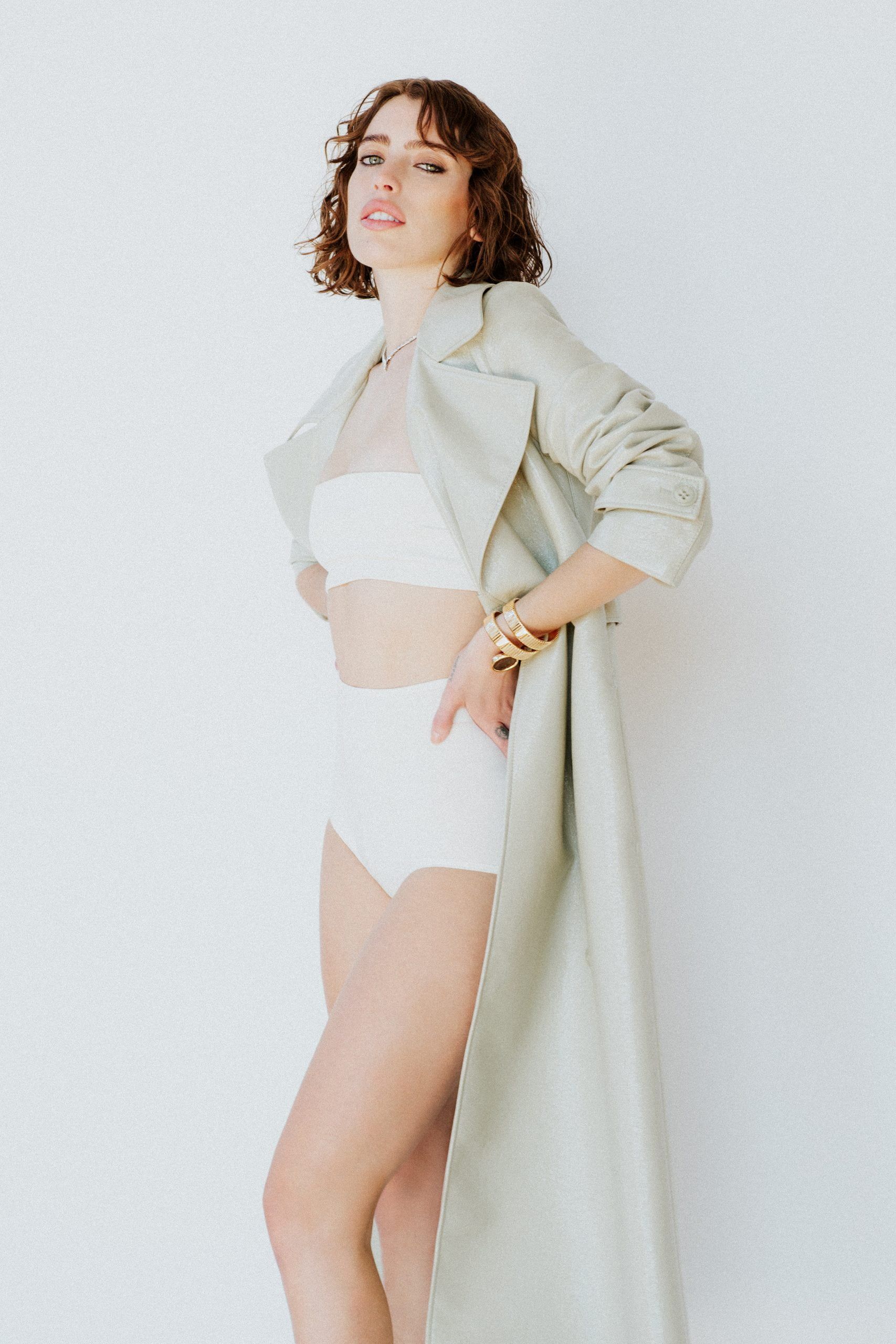
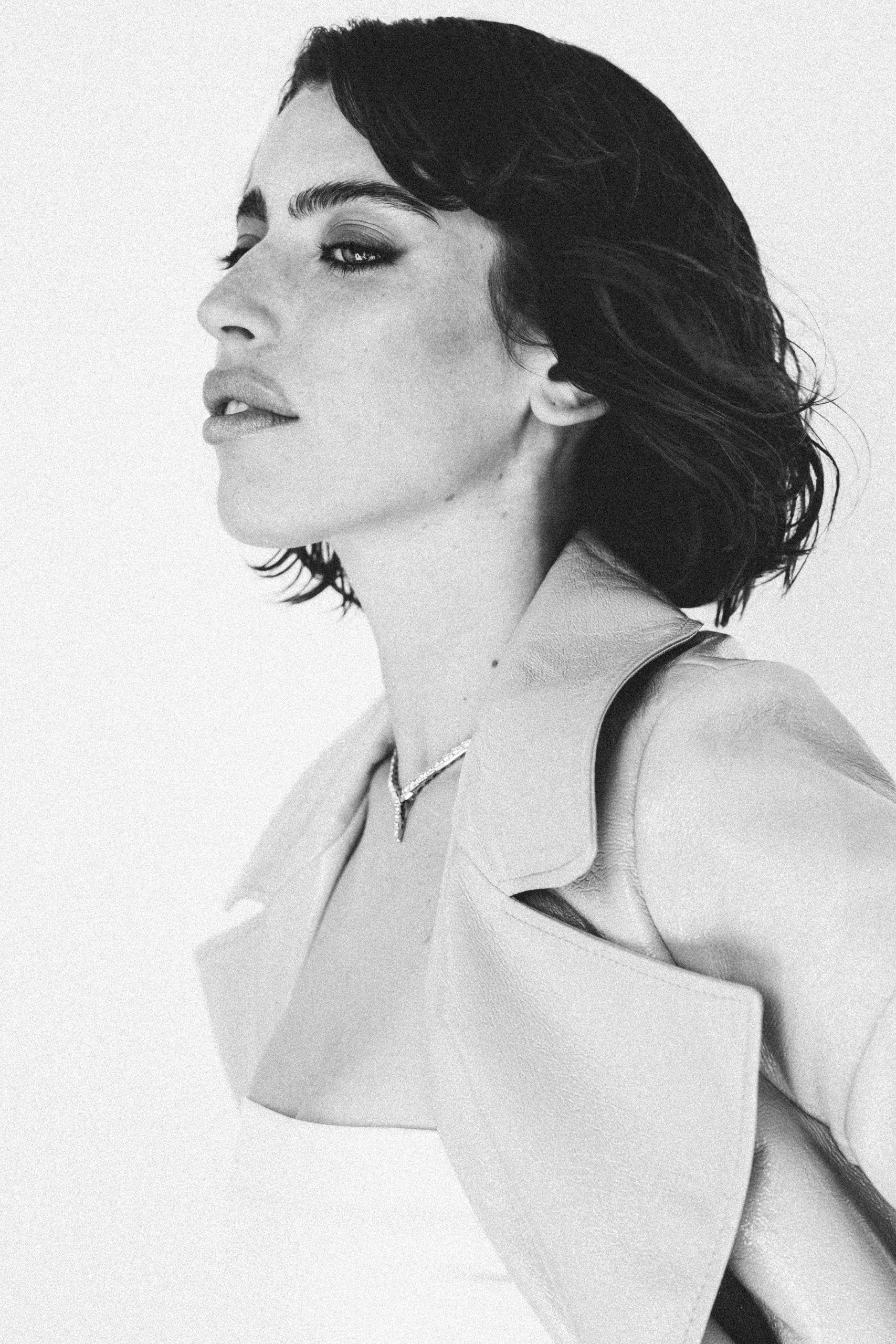
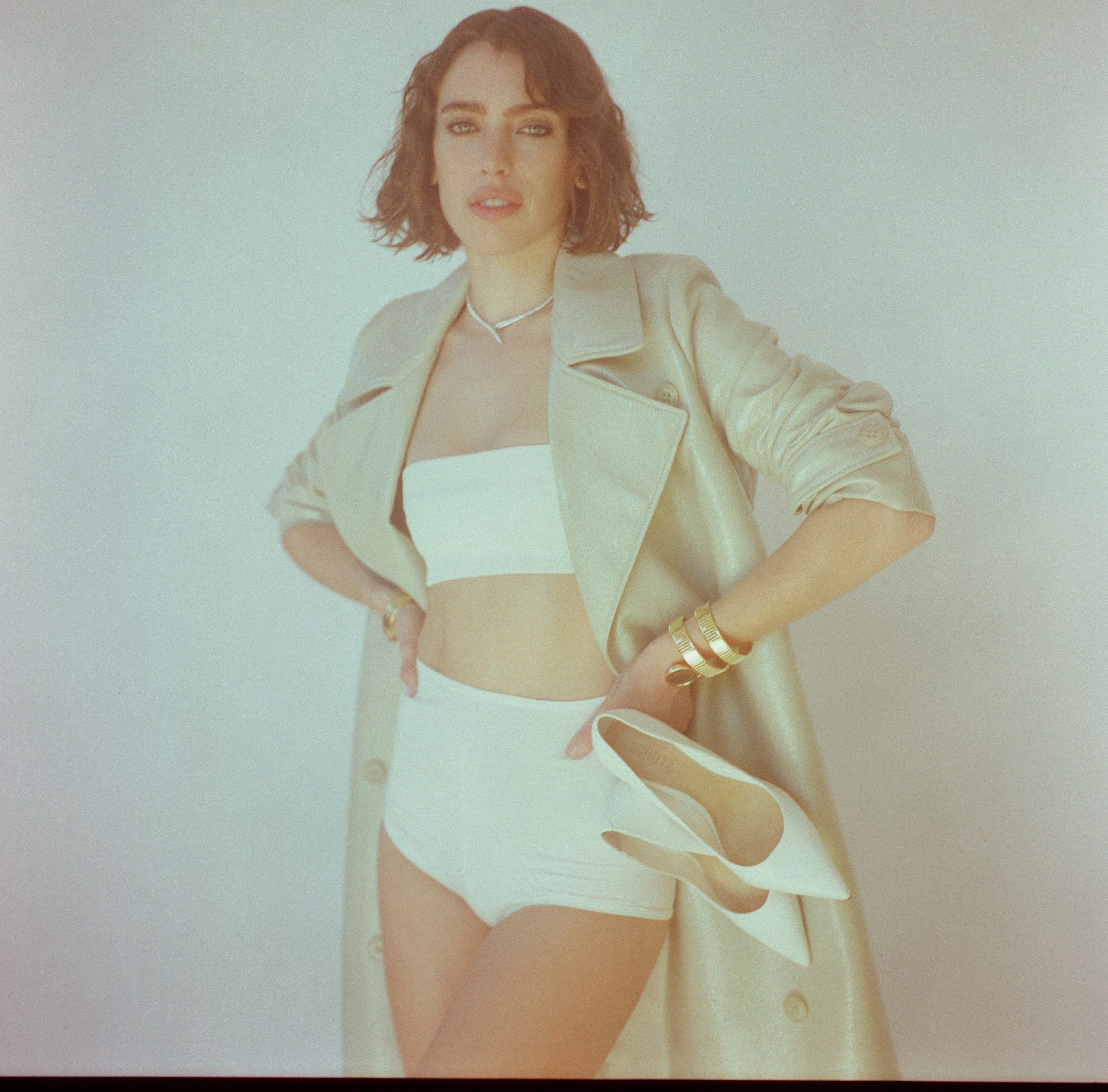
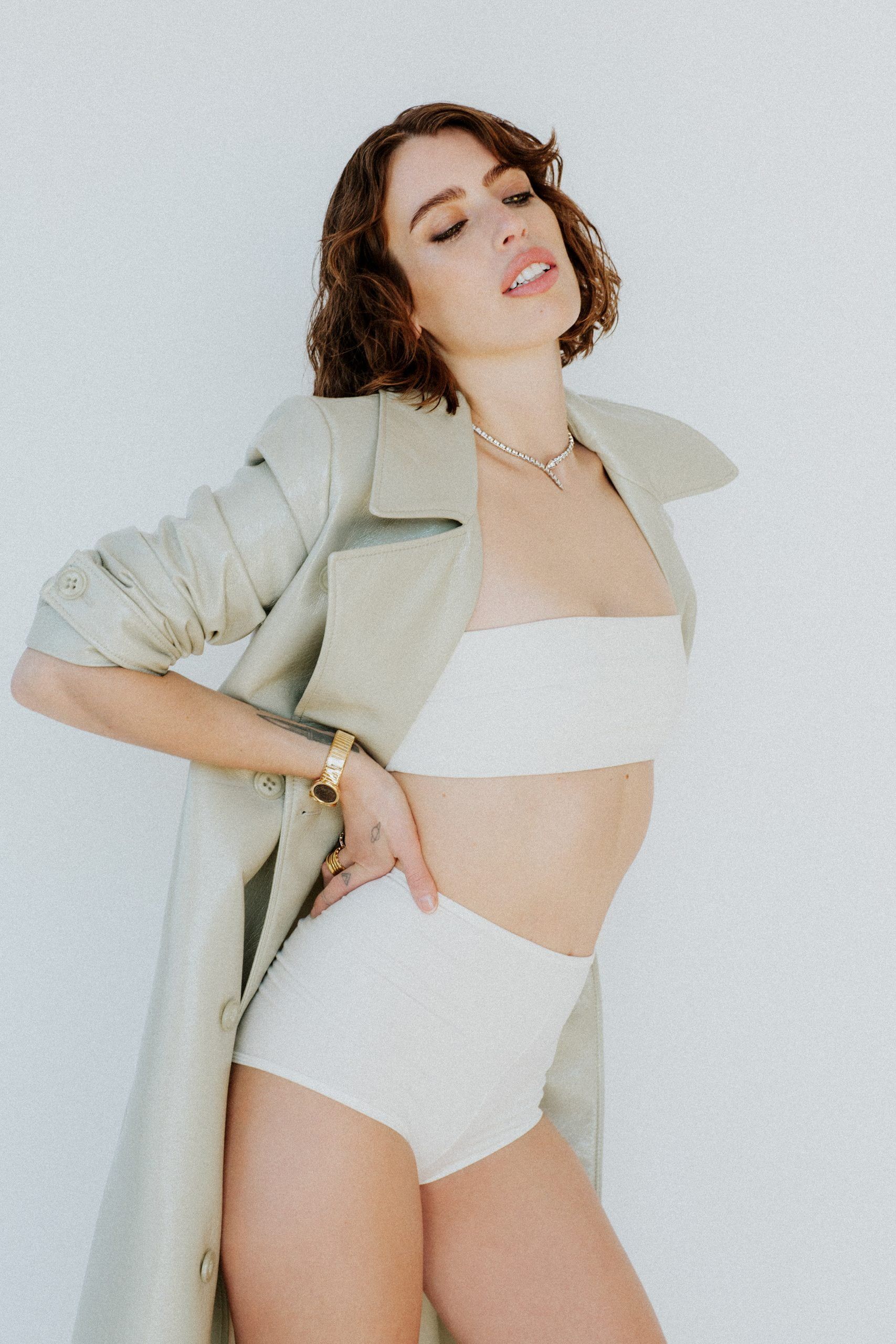
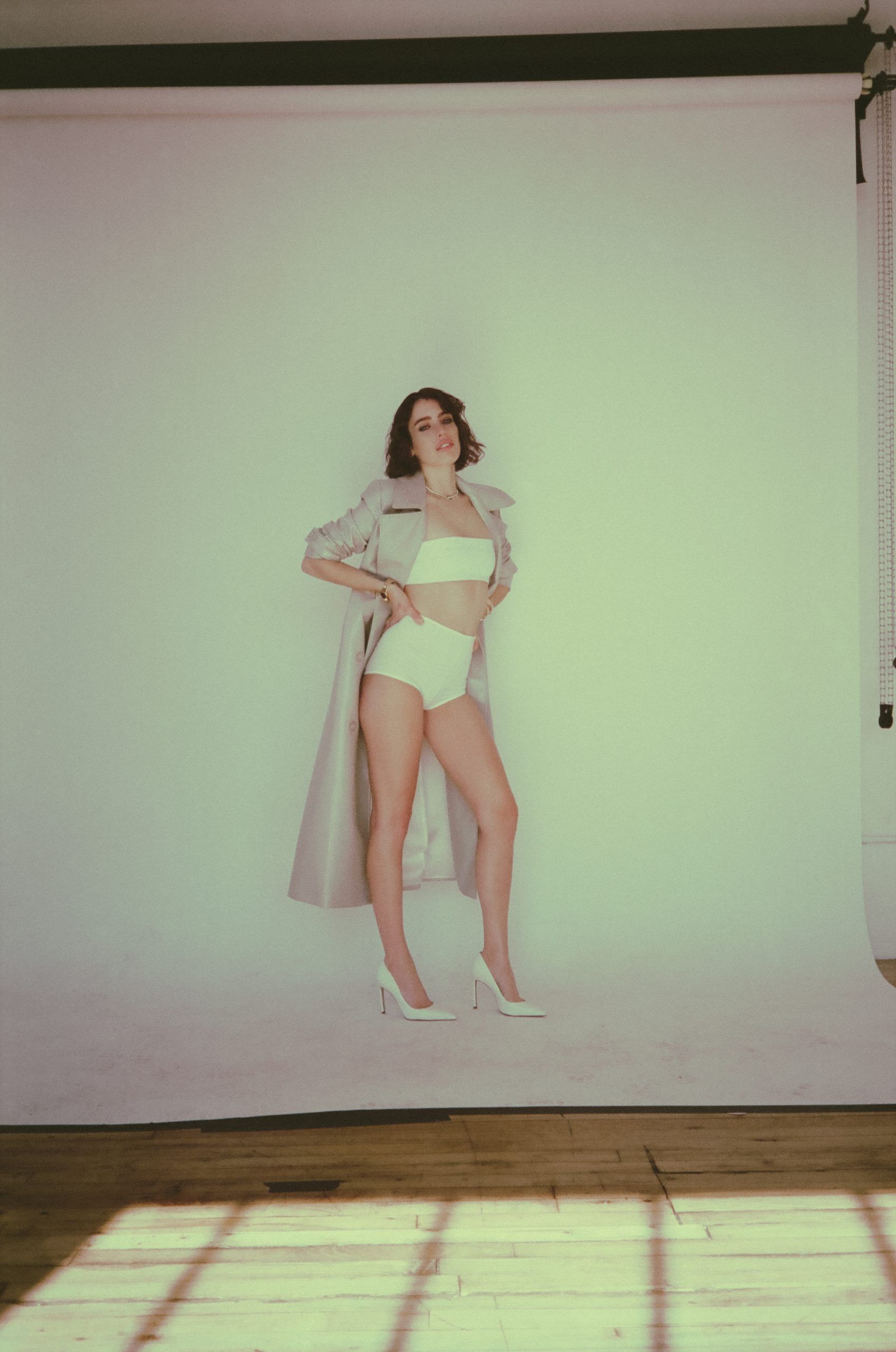
Not only are McGregor’s acting and writing chops up for criticism, so are her looks. And not just in the film, but in public as well. “I find myself a lot more nervous about that stuff when I’m at an event or being photographed. I’m very harsh on myself.”
In character, though, McGregor wants to be whatever the character calls for, whether that’s “rough” and “as raw as possible” or someone “thinking about their looks. That’s who I am in that moment.”
As a producer, McGregor watched Bleeding Love “so many times. I tried to, as much as possible, look at it in terms of the movie [as a whole] and not look at it in terms of performance. I don’t want to go to my director with performance edits again. That’s why she’s there. I trust her.”
In part, this comes down to McGregor’s approach to acting; it’s ephemeral work. “I can work on stuff at home but really, it lives on set — lives in that moment.” With Daughter, despite the parallels, “It didn’t feel like I had to disconnect from that character. She felt far enough away from who I am now. And it was really fun. Digging into that, playing that, and then leaving it behind.”
It then makes sense that the thing that attracts McGregor to a role isn’t the role itself, not entirely. “I’m drawn in by the stories. As to how I found myself drawn to certain characters… it’s for so many different reasons. I think it shifts from each project to each project. Something I’m really looking forward to doing more in my career is playing people who feel a lot further away from myself. Great story, great narratives. That’s what draws me in, and characters that push that narrative along, that are part of it.”
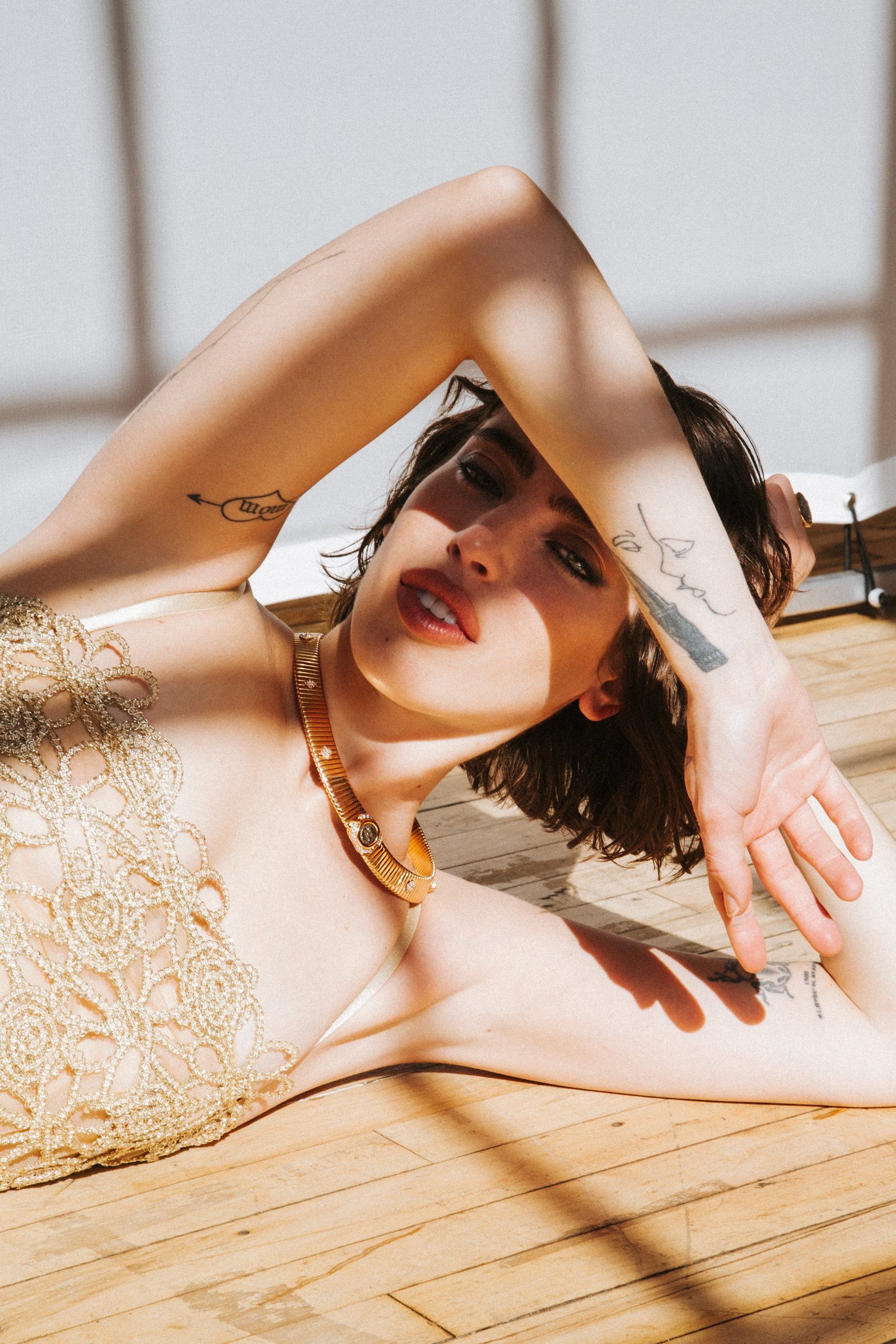
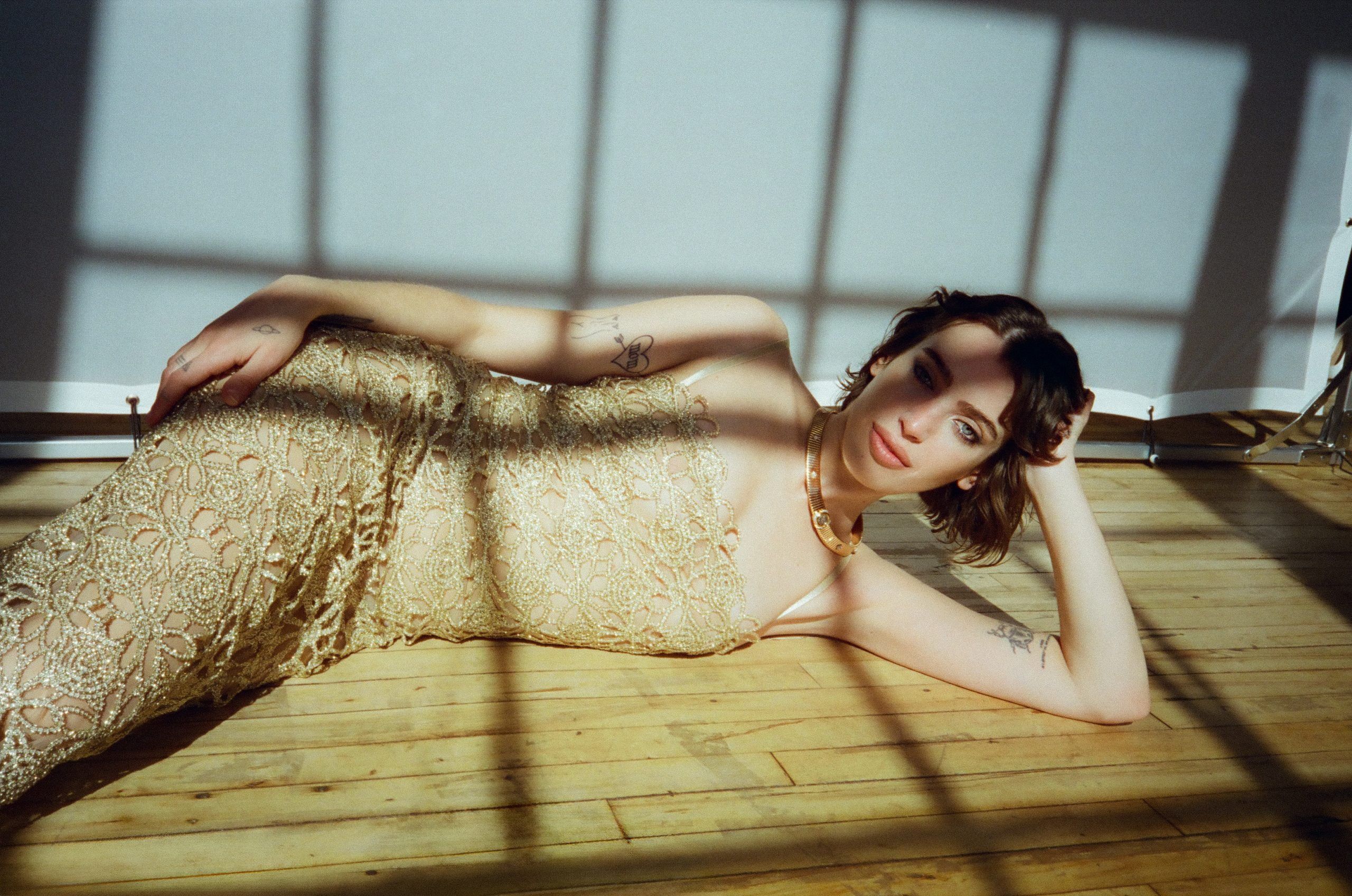
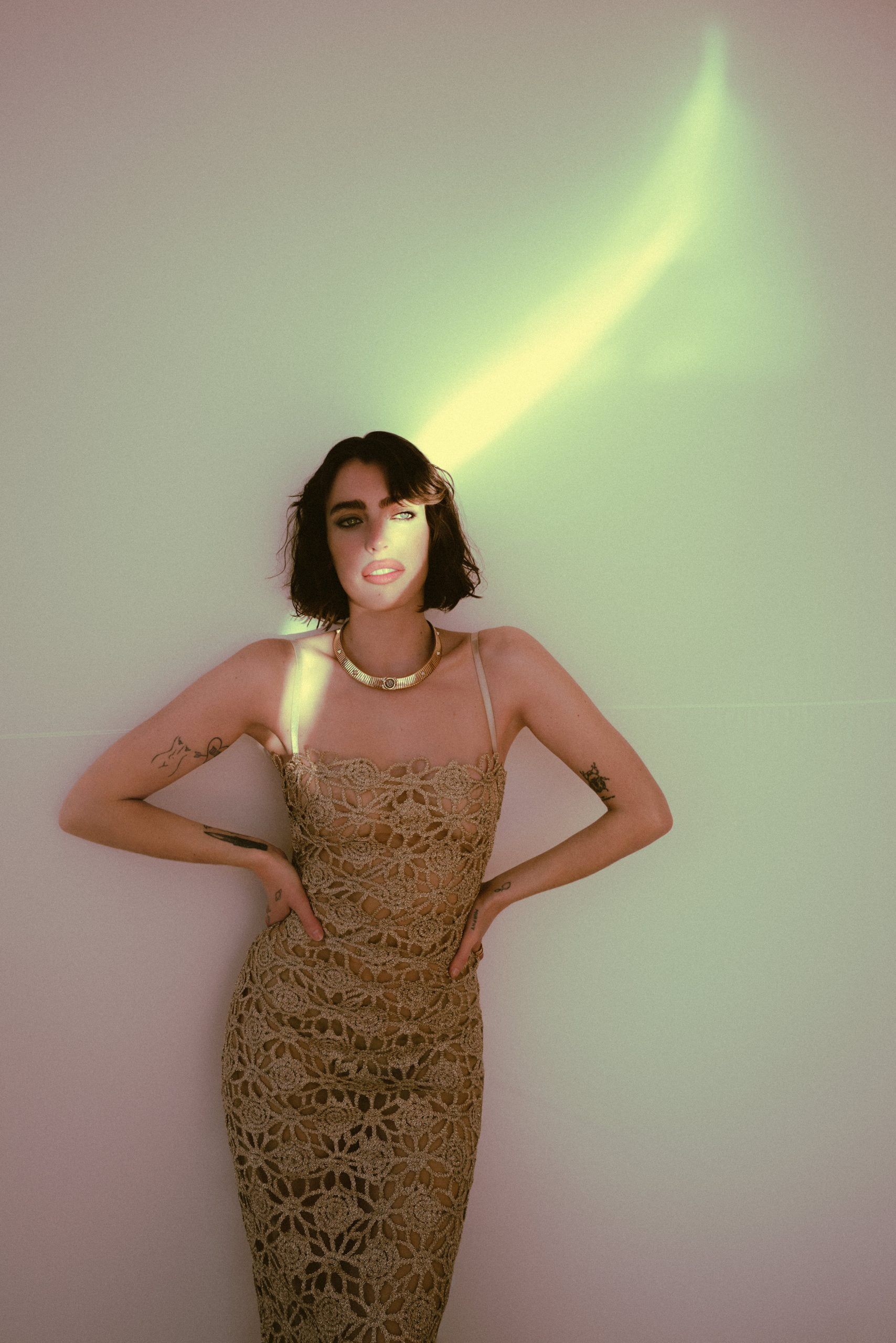
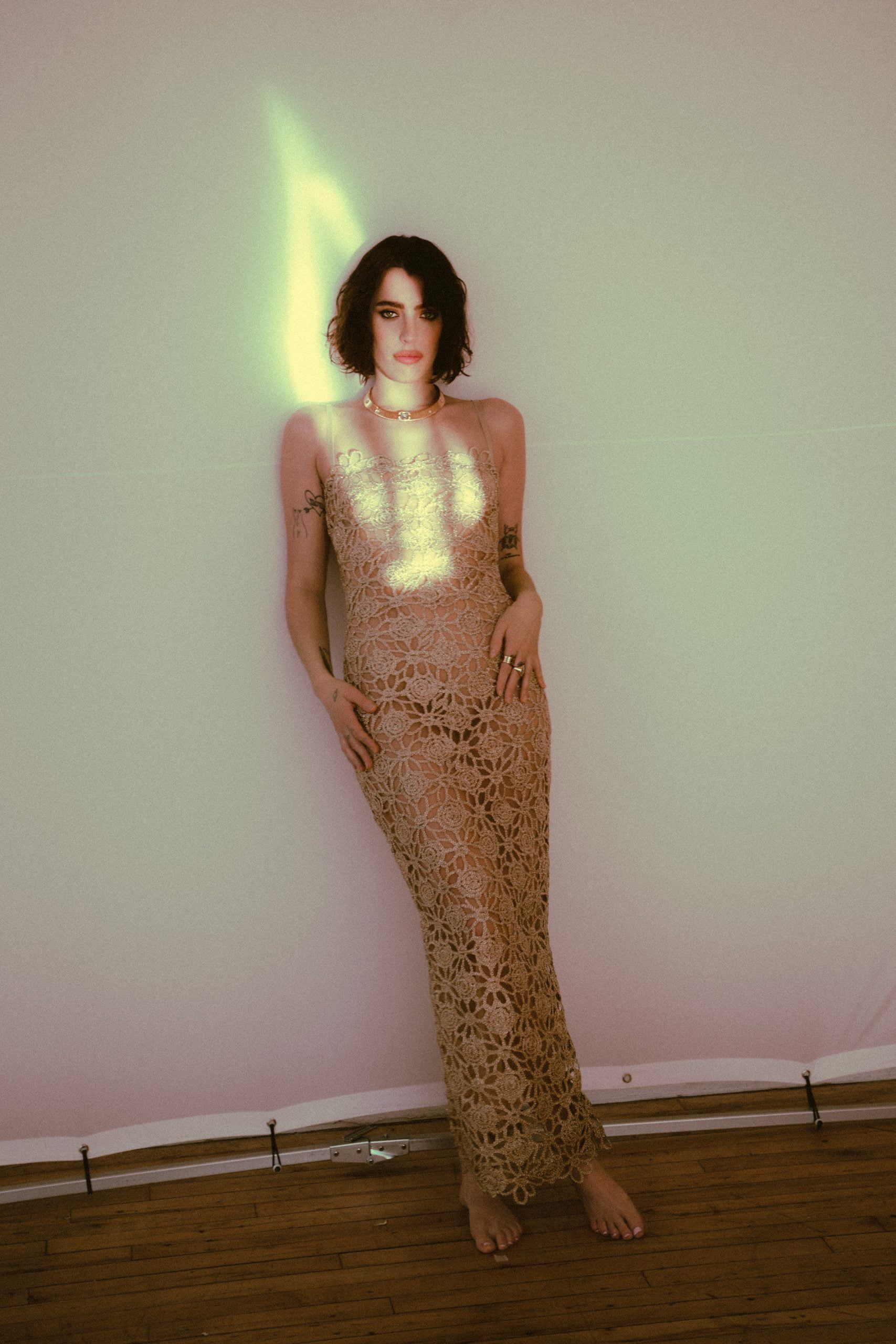
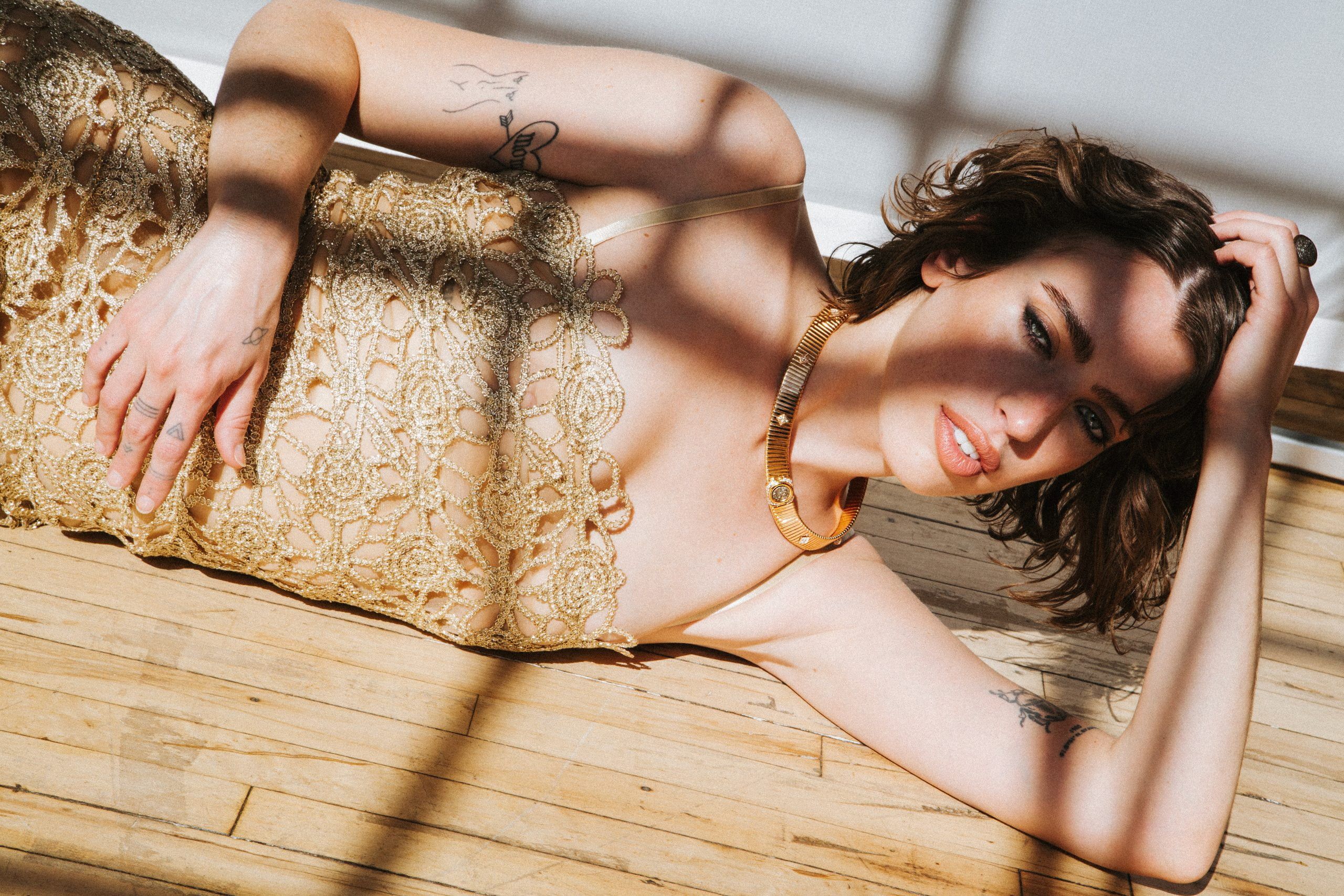
Her production company, Deux Dames Entertainment, has just optioned the rights to a book called Goddess, about a “17th-century cross-dressing bisexual sword-fighting opera singer. It’s something that’s a Joan of Arc-level story that we just don’t talk about. So I want to do everything [including] period pieces to help give platforms and elevate voices and stories that don’t usually get told.”
Her name has helped open doors to allow her to do this, something McGregor acknowledges with earnestness. But even for someone with a recognisable name, there’s a game that has to be played and social media has become a big part of it. “I’m terrible at TikTok. I’m trying to learn. I don’t know… it was easier when it was just photos!”
“I definitely value privacy, and I’m also aware of times being different and the tool that social media is in terms of, within this business, promoting stuff… it’s very complicated. I hear things from different people all the time. They’re like, ‘You should be posting more’ or ‘Actually, you should be posting less’. I don’t know if I fully, really know [how], but I try to just keep it authentic to who I am.”
While many celebrities are, perhaps, overly accessible on social media, McGregor does “feel a bit of pressure from it. But at the same time, maybe not as much as I should,” she says.
“I try not to let it be too much a part of what I think about, because I think it could probably derail me. At the end of the day, I just want to be doing good work.”
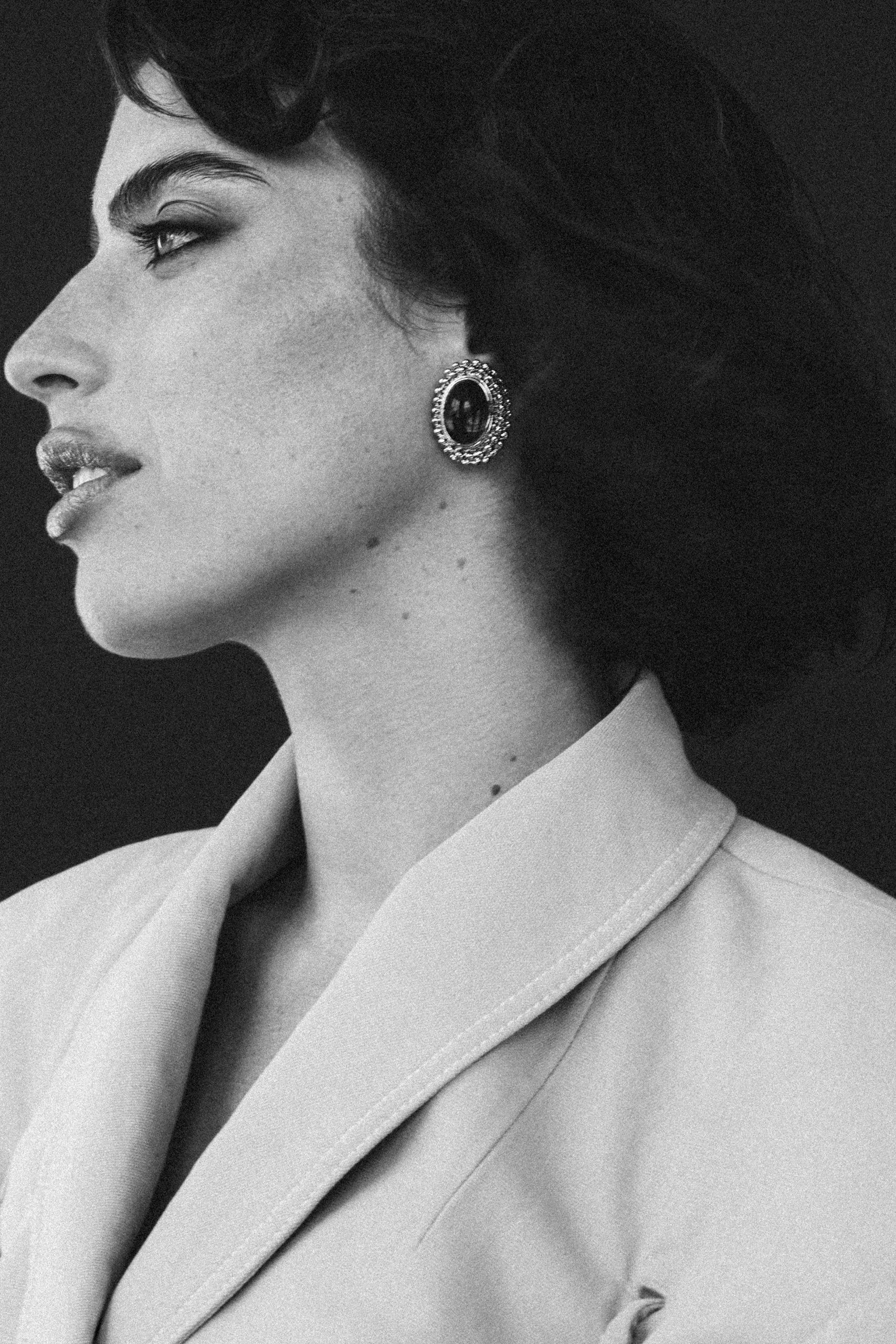
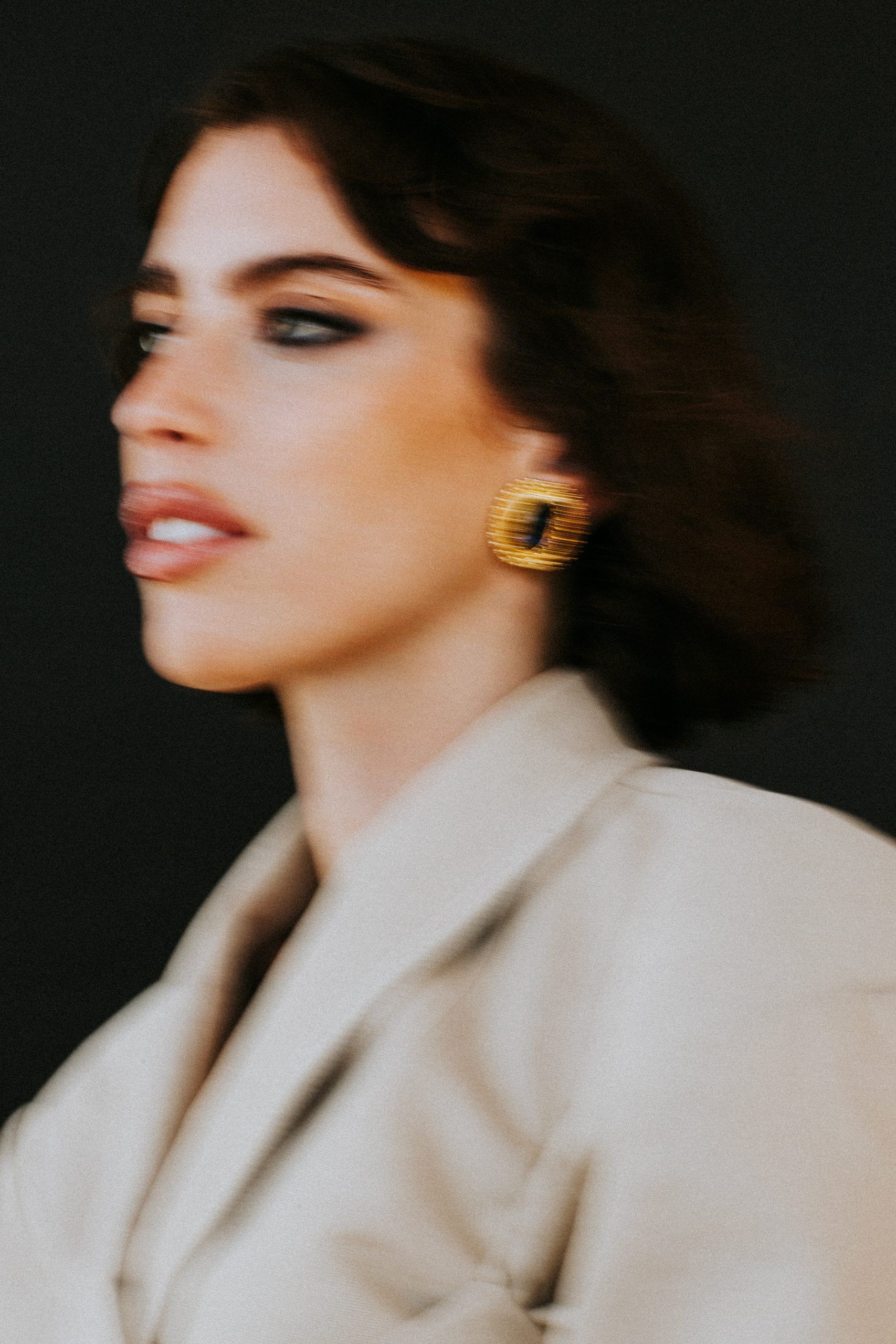
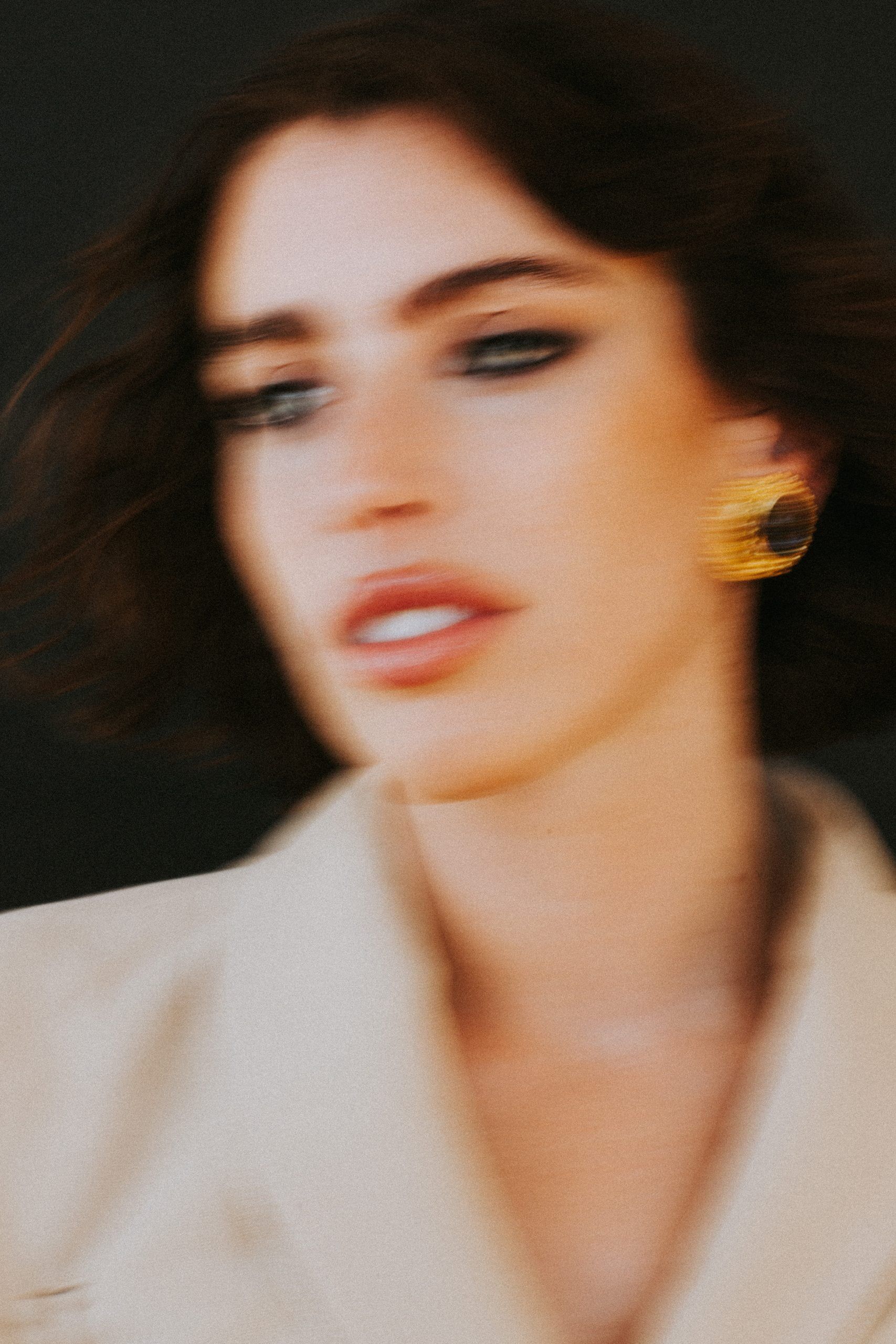
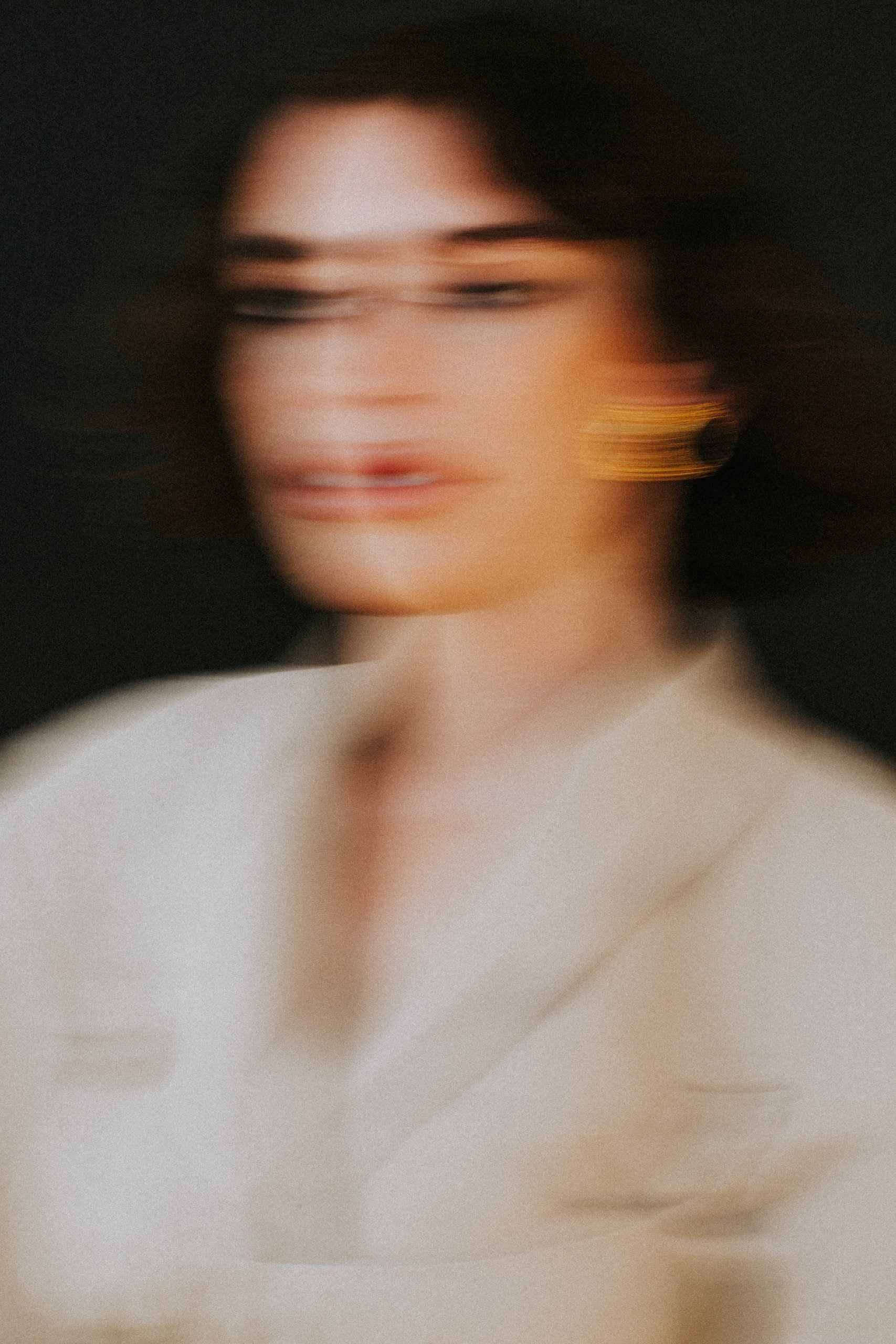
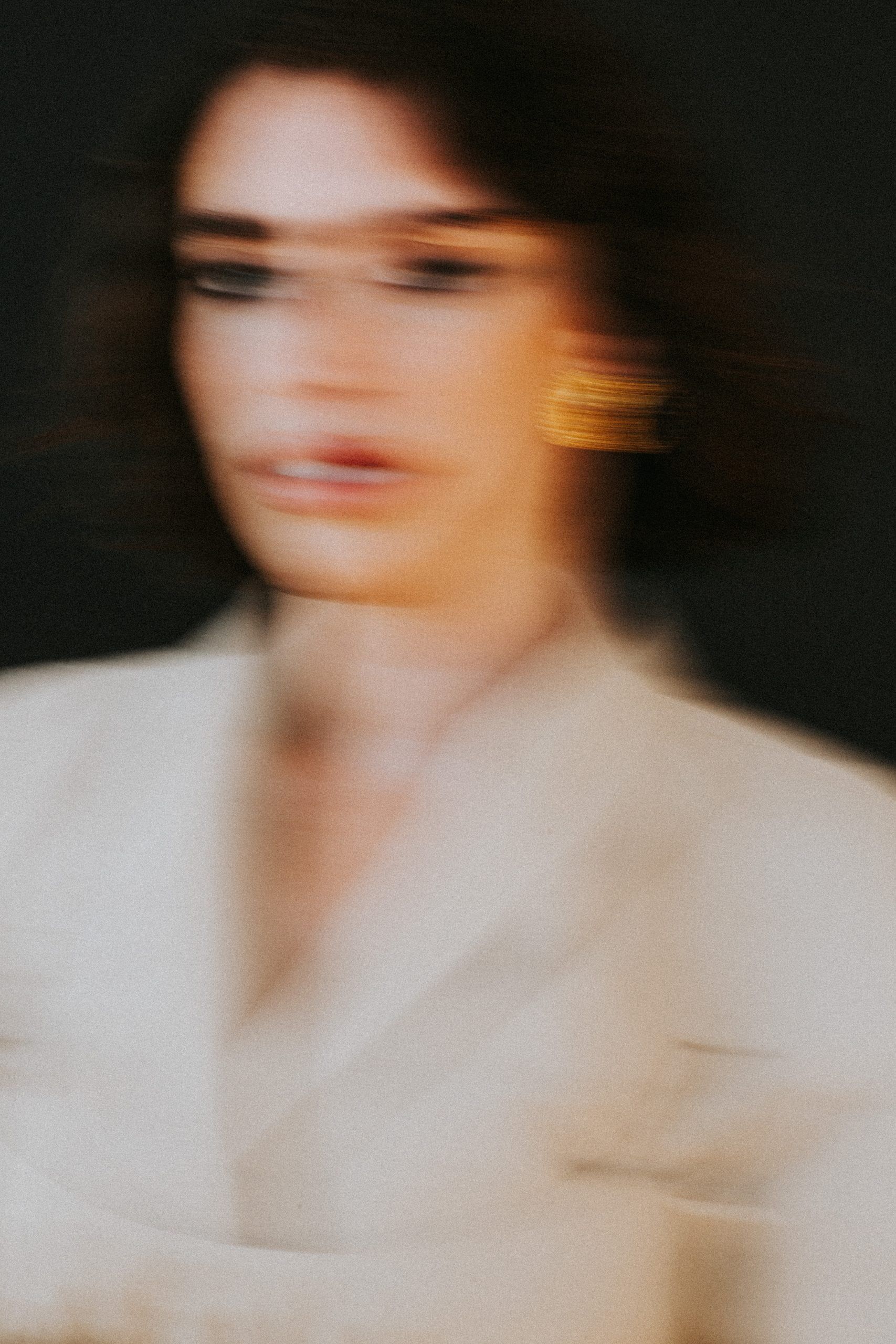
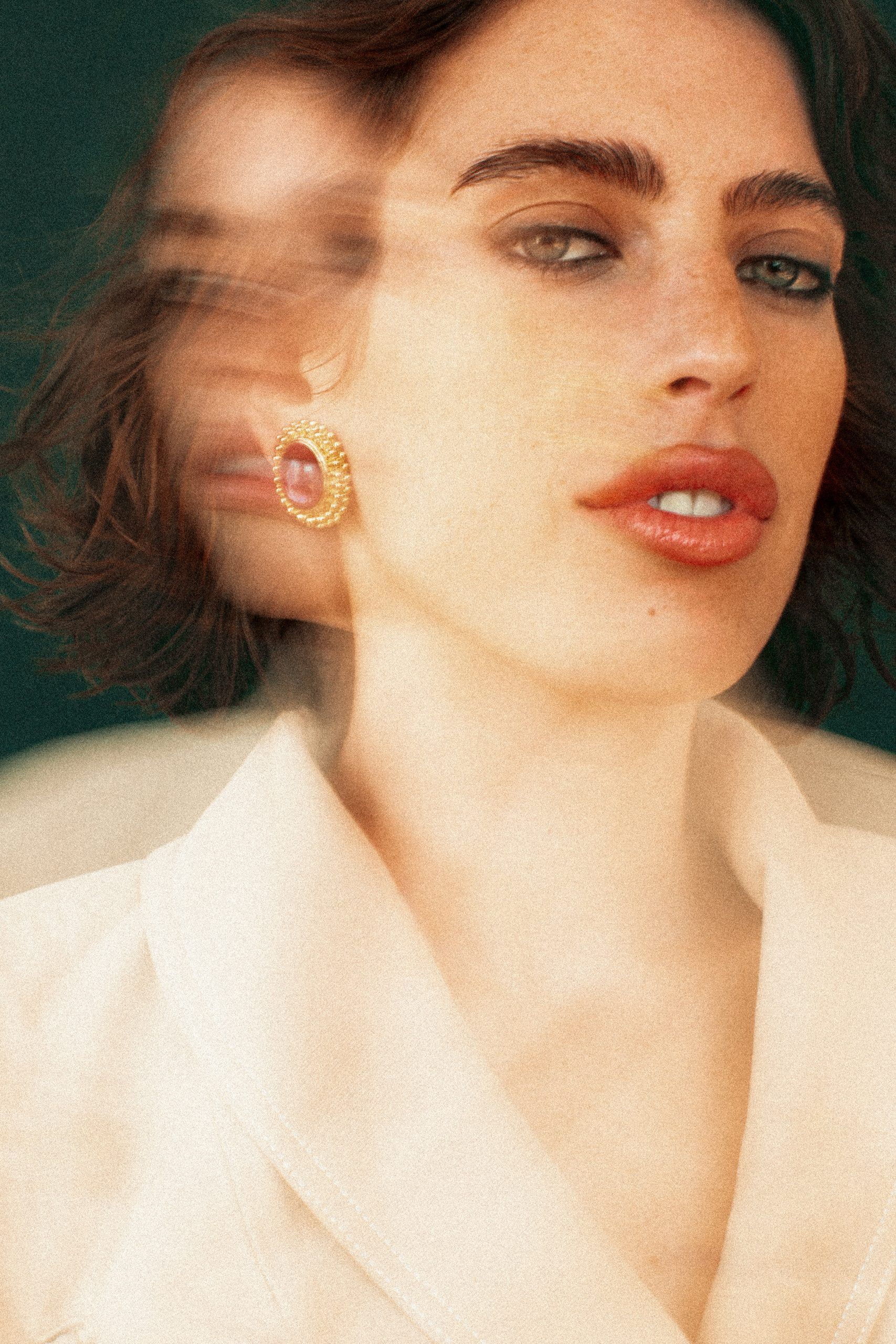
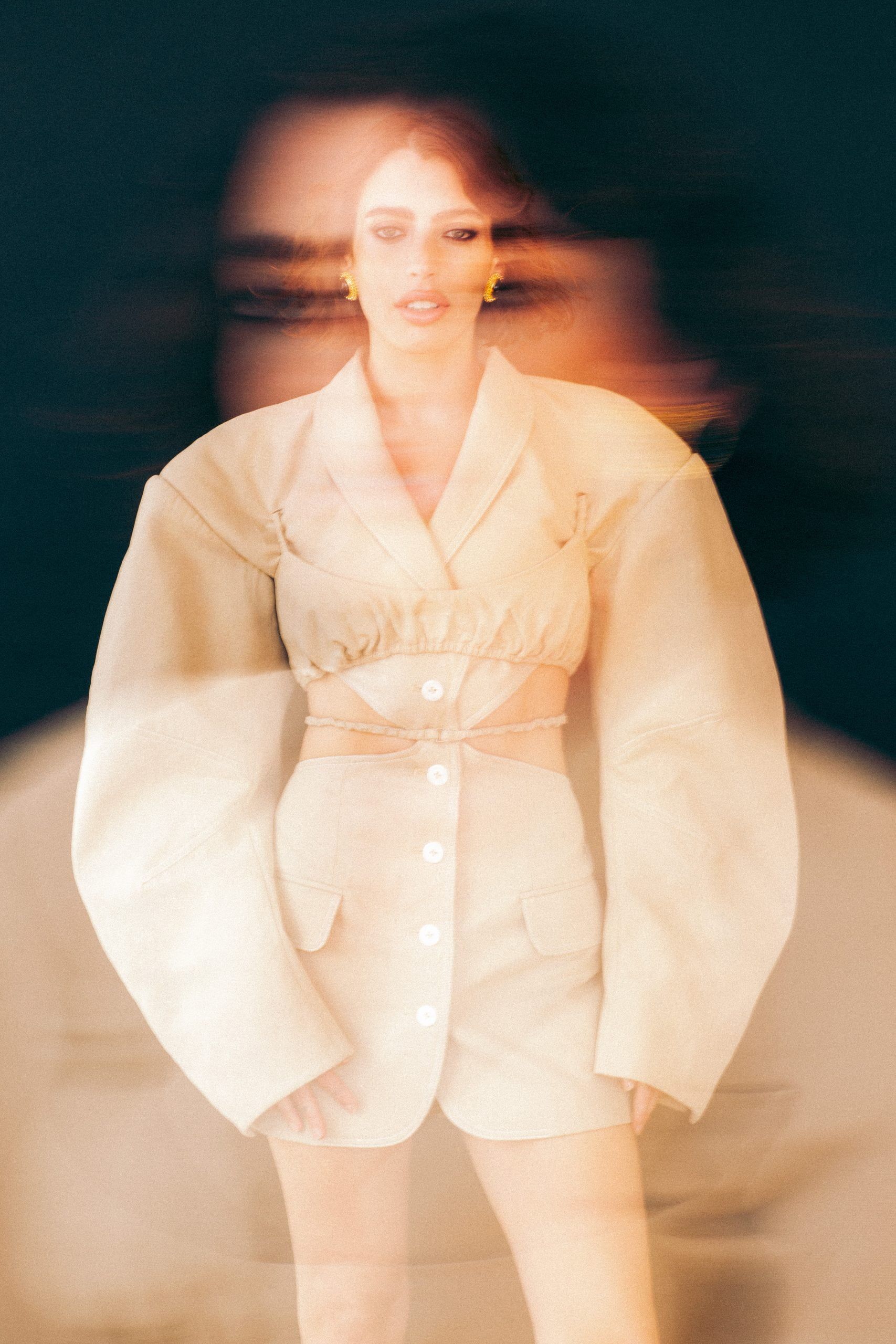
One might read this nonchalance as another symptom of the privilege that comes along with ‘nepo-baby’ status. For McGregor, it’s more where she directs her emotional energy. “I think about [my future career] all the time. I’ve been very much focused on and thinking about my career. I’m constantly looking for more things to do whether it’s producing or acting.
“It’s hard for me to know what that looks like or plan for anything. There’s no blueprint. I just try to stay immersed in projects, and just keep moving.” This mentality stems, in part, from the uncertainty that everyone in the industry faces; a natural coping mechanism to that abyss of possibility.
When McGregor stares into that abyss and imagines her future, it’s not the Oscars or accolades. “My dream, honestly is just to be a working actor, and be able to produce. To be booked and busy in projects that I believe in.”
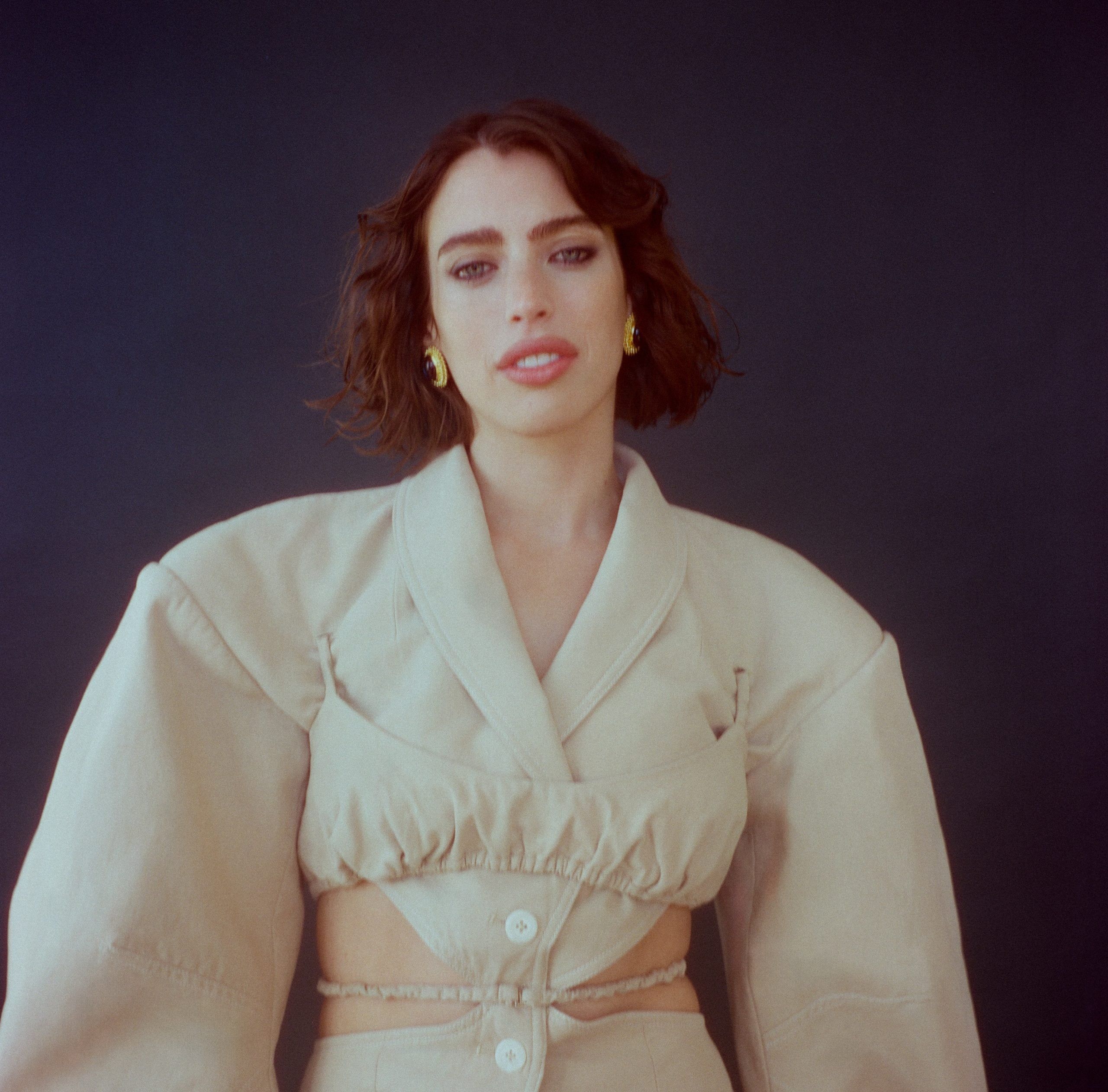
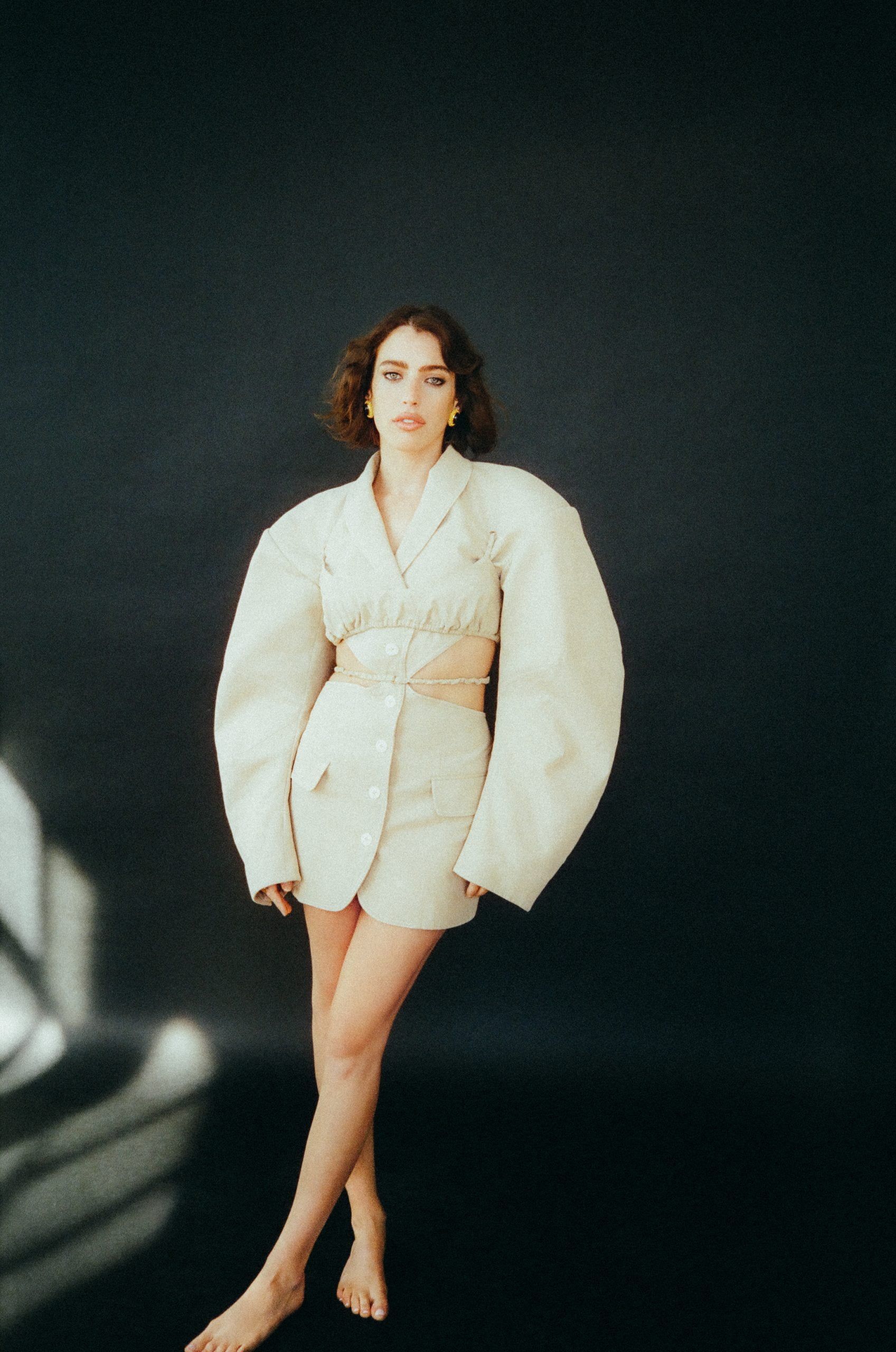
Those kinds of projects stem from directors like “Celine Song, Yorgos Lanthimos, Jonathan Glazer, and Emerald Fennel” to name a few. They’re filmmakers whose visions challenge narrative structure, something McGregor feels drawn towards. “Flipping structure on its head. Finding new ways to tell stories that aren’t linear. That’s been happening for a long time,” McGregor acknowledges, but “I think all of those people are doing something just differently. It’s how we just keep things evolving and exciting.”
A cynic might think that being a producer means McGregor comes across scripts in which she could if she wanted to, cast herself. But she sees her role as a producer clearly. “If a project is brought to me and Vera, [putting ourselves in it] is probably not our first thought. There’s also projects that we absolutely shouldn’t be in, that we’re really just there to push the filmmaker’s idea, and their cast and their crew.”
At the end of the day, McGregor’s ultimate goal is to serve the story. To “serve the character as much as you can. Doing justice to that character. Finding a place where it feels fruitful to you. Where you can live truthfully within that character. And that’s not always the easiest thing. What I’m most nervous about is making sure I really honour the part, and understand my part within a story.”
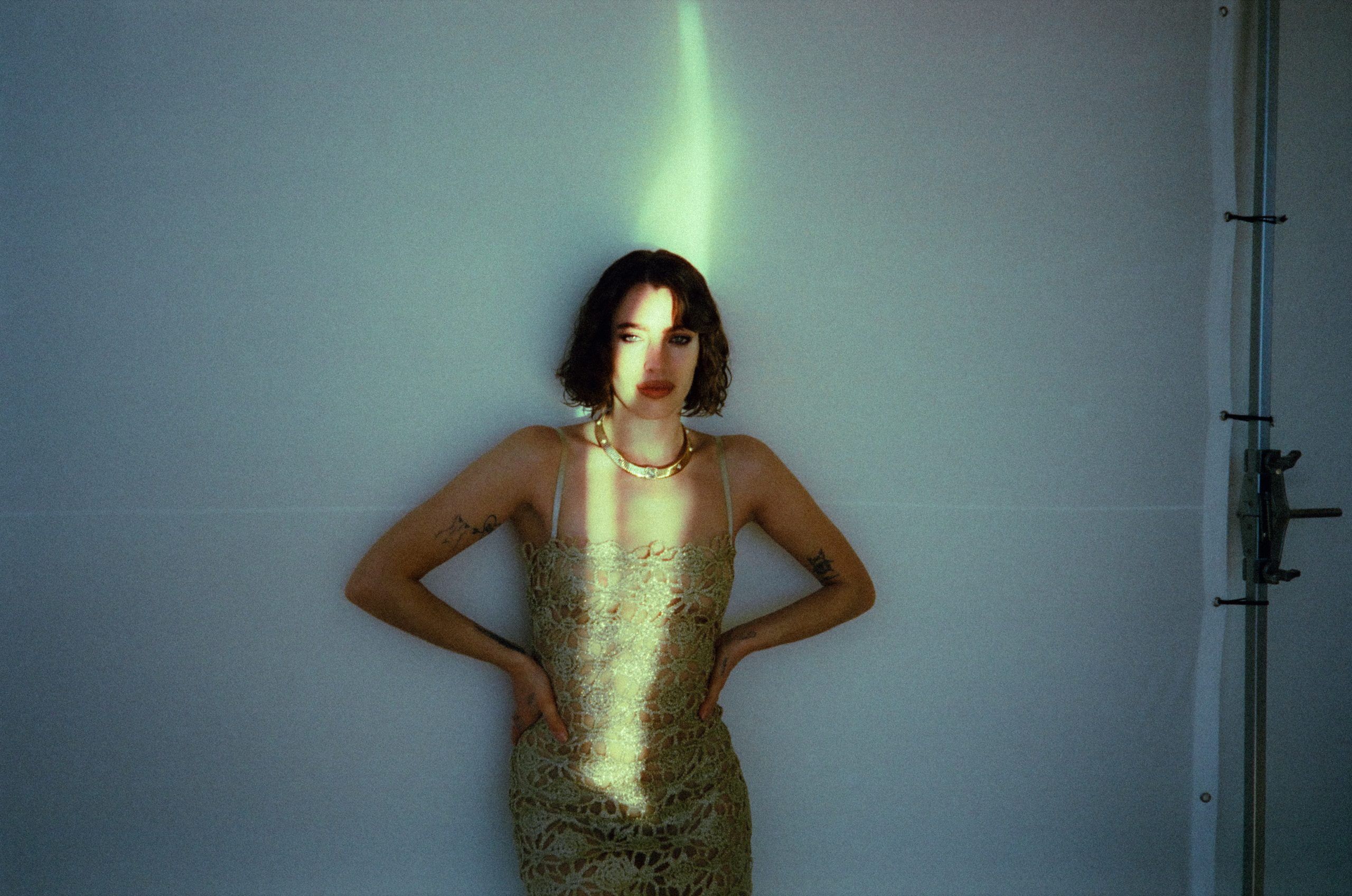
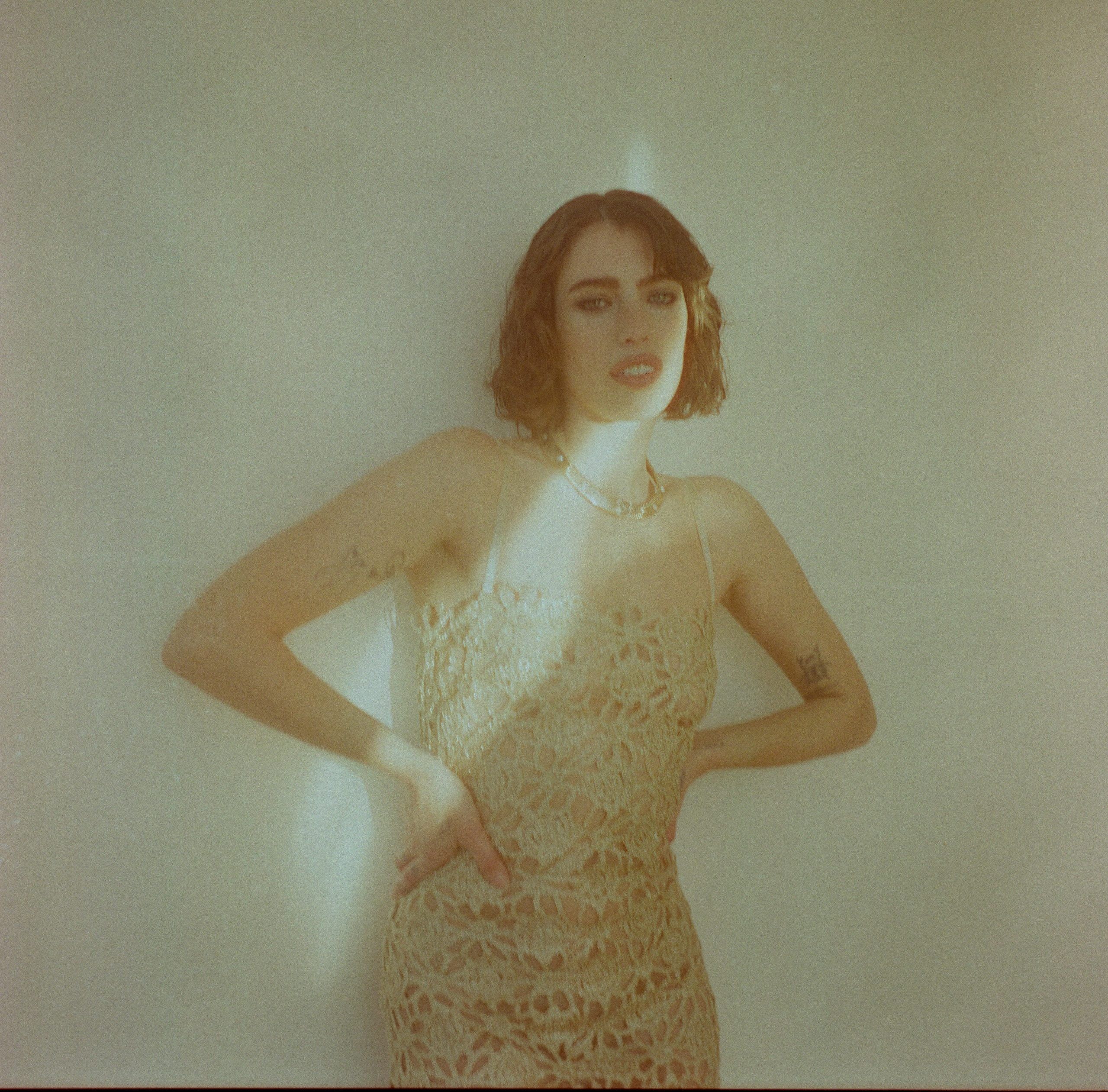
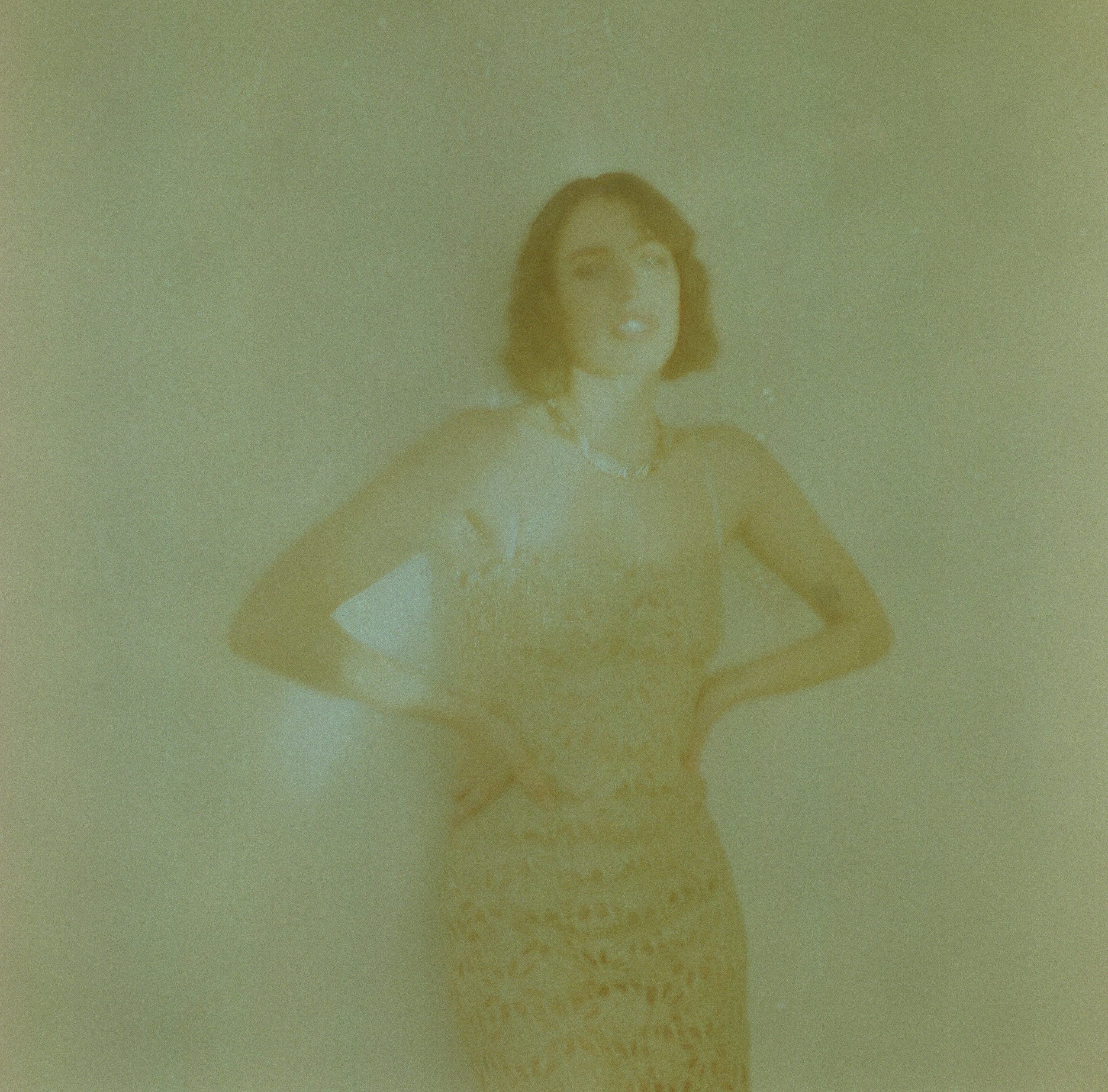

Bleeding Love is out now in select theatres and on demand. The film will premiere theatrically in the UK on March 29th.
Interview Gabriella Geisinger
Photography Alexandra Arnold
Styling Zoe Gofman
Talent Clara McGregor
Hair Timothy Aylward at The Wall Group
Make-up Juliette Perreux at The Wall Grop
Styling Assistant Caroline Devo

